Members
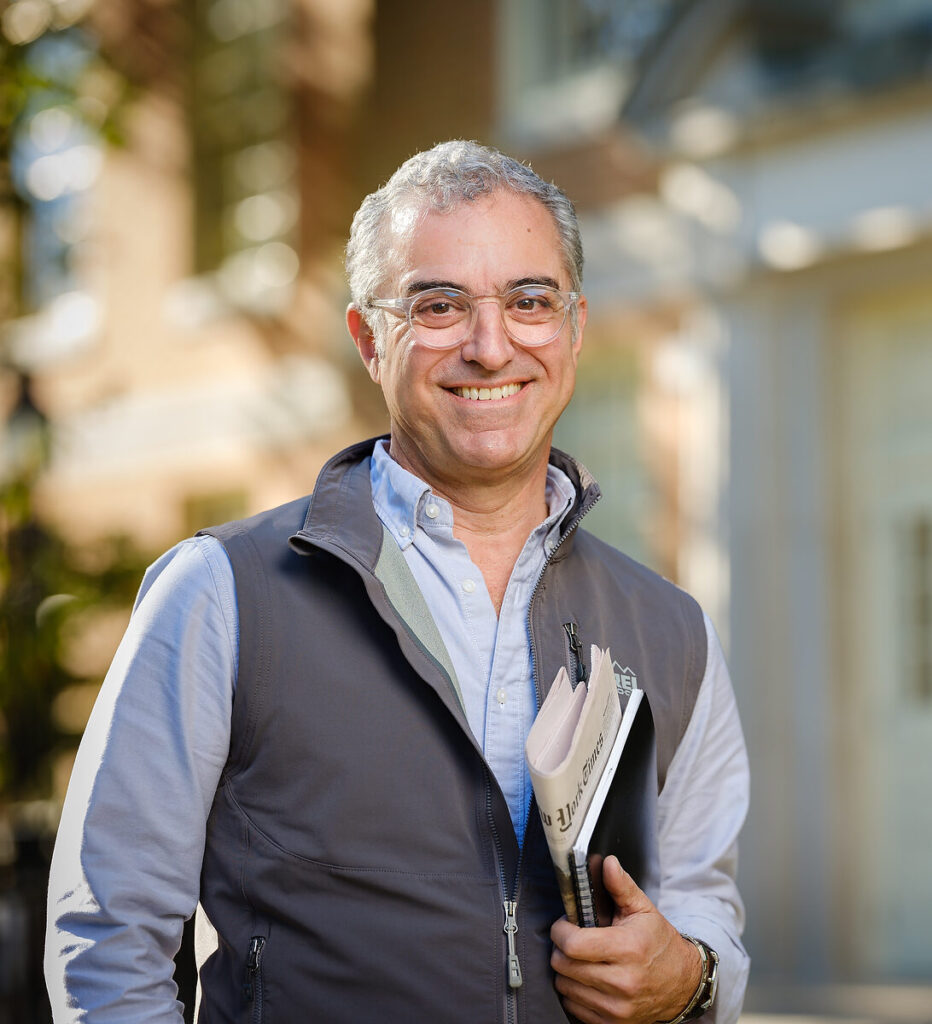
Justin Catanoso
Professor of the Practice, Journalism
Show Bio
Justin Catanoso is professor of journalism and freelance correspondent covering climate change and climate policy for Mongabay since 2015. He has reported environmental stories from Europe, Africa, Latin America, the US and Canada. He has worked as a communications consultant to CINCIA in the Peruvian Amazon since its founding, and co-teaches a summer study abroad program in Peru in tropical ecology and science writing with Miles Silman.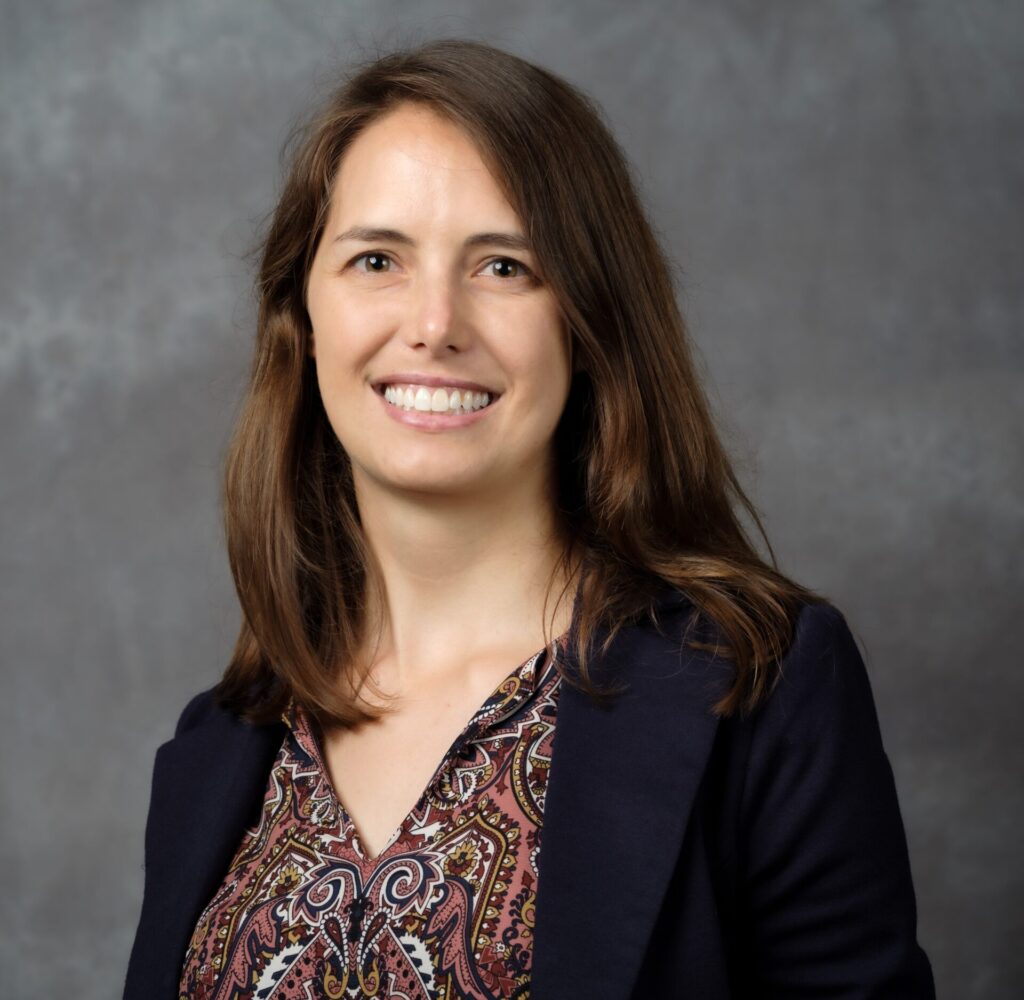
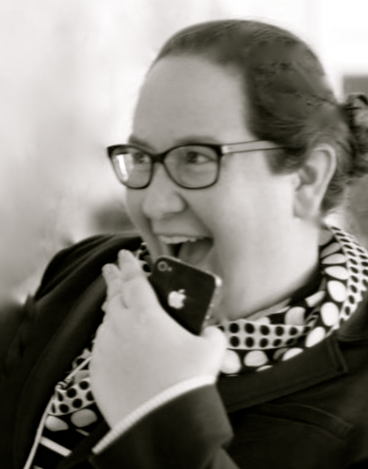
Meredith Farmer
Assistant Teaching Professor, Department of English
Show Bio
Meredith Farmer is an Assistant Teaching Professor of English. Her current project, “Melville’s Leaks: Science, Materialism, and the Reconstitution of Persons,” is under advance contract with Northwestern University Press. A related edited collection, Ahab Unbound: Melville and the Materialist Turn, will be published by Minnesota University Press in Spring 2022. Her next project, “Reading the Weather in the Nineteenth Century,” is a scientific, cultural, and literary history of the “American Storm Controversy” and related attempts to model climate change.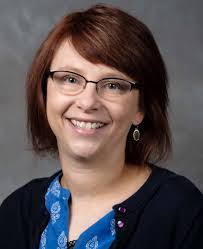
Debbie French
Assistant Professor of Science Education and Director of Secondary Education
Show Bio
Dr. Debbie French is an Assistant Professor of Science Education and Director of Secondary Education at Wake Forest University. She is a former high school physics, physical science, and engineering teacher. She teaches secondary and elementary science education methods, an instructional design, assessment, and pedagogy course, as well as action research courses. Dr. French’s research interests include, physics and astronomy education research, climate change education, preservice and inservice science teacher preparation and professional development, and exploring best practices for incorporating authentic scientific inquiry in secondary science classrooms. She is a former chair of the Physics Teacher Preparation Committee for the American Association of Physics Teachers. From 2010-2022, Dr. French served as the co-PI on a National Science Foundation Grant entitled, “The STEM Guitar Project.” This grant provided funding to teach K-16 teachers how to build electric and acoustic guitars and how to use the guitar as an engaging vehicle to teach science, technology, engineering, and math (STEM). Dr. French also serves on the Editorial Review Board for CITE-Science and ASTE Innovations.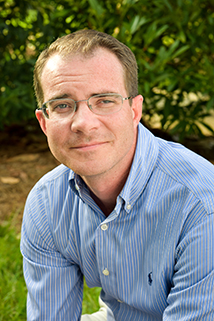
Michael Gross
Professor of Engineering
Show Bio
Dr. Gross is a Professor of Engineering at Wake Forest where he leads the Gross Lab. The Gross Lab studies the processing of solid state materials, particularly mixed metal oxides, for electrochemical energy conversion applications. The various facets of this research include synthesis, structural characterization, and thermochemical characterization. The Gross lab also develops multifunctional ceramic composites for solid oxide fuel cell electrodes, fabricating and testing the electrochemical performance of prototype devices. Finally, Gross studies activity-level, or situational, student motivation in STEM courses with the goal of directly applying motivation theory and empirical research findings to practical course design. Dr. Gross is the recipient of the 2015 Wake Forest University Teaching in Innovation Award.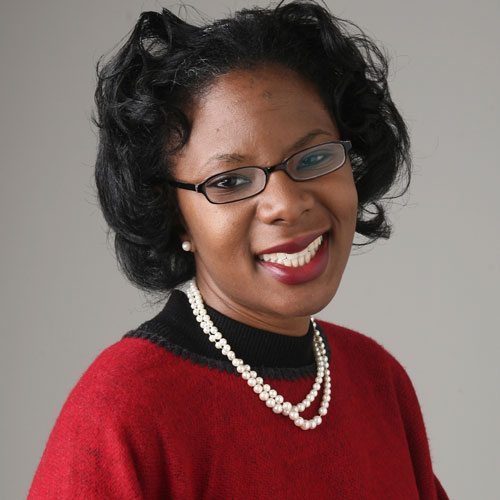
Melanie Harris
Professor of Black Feminist Thought and Womanist Theology; Director of the Food, Health and Ecological Well-Being Program
Show Bio
Dr. Melanie L. Harris is Professor of Black Feminist Thought and Womanist Theology jointly appointed with Wake Forest School of Divinity and the African American Studies program at Wake Forest University. Dr. Harris is also the Director of the Food, Health and Ecological Well-Being Program. A graduate of the Harvard Leadership Program, Dr. Harris is a former American Council of Education Fellow and Founding Director of the TCU African American and Africana Studies program. Her research and scholarship critically examines intersections between race, religion, gender and environmental ethics. She is the author of many scholarly articles and books including “Gifts of Virtue: Alice Walker and Womanist Ethics” (Palgrave), “Ecowomanism: Earth Honoring Faiths” (Orbis) and co-editor of “Faith, Feminism, and Scholarship: The Next Generation” (Palgrave) as well as numerous journal articles and book chapters. Dr. Harris comes to Wake Forest from Texas Christian University where she served as Associate Dean of Diversity, Equity and Inclusion as well as a Professor of Religion and Ethics. A former broadcast journalist, Dr. Harris has worked as a news producer for ABC, CBS, and NBC affiliates. A community leader whose passion for education is linked to a commitment to social justice, she has also served as an educational consultant with the Ford Foundation, the Forum for Theological Exploration, and the Wabash Center for Teaching and Learning in Theology and Religion, Lilly Endowment Inc. She has served on the executive board of the Society for the Study of Black Religion and the Board of Directors of KERA-TV/Radio, the American Academy of Religion and the Society of Christian Ethics. Dr. Harris has been awarded several prestigious awards and academic fellowships including the AddRan Administration Fellowship and GreenFaith Fellowship. Dr. Harris earned her PhD and M.A. degrees from Union Theological Seminary in The City of New York, an M. Div. from Iliff School of Theology and a B.A. from Spelman College.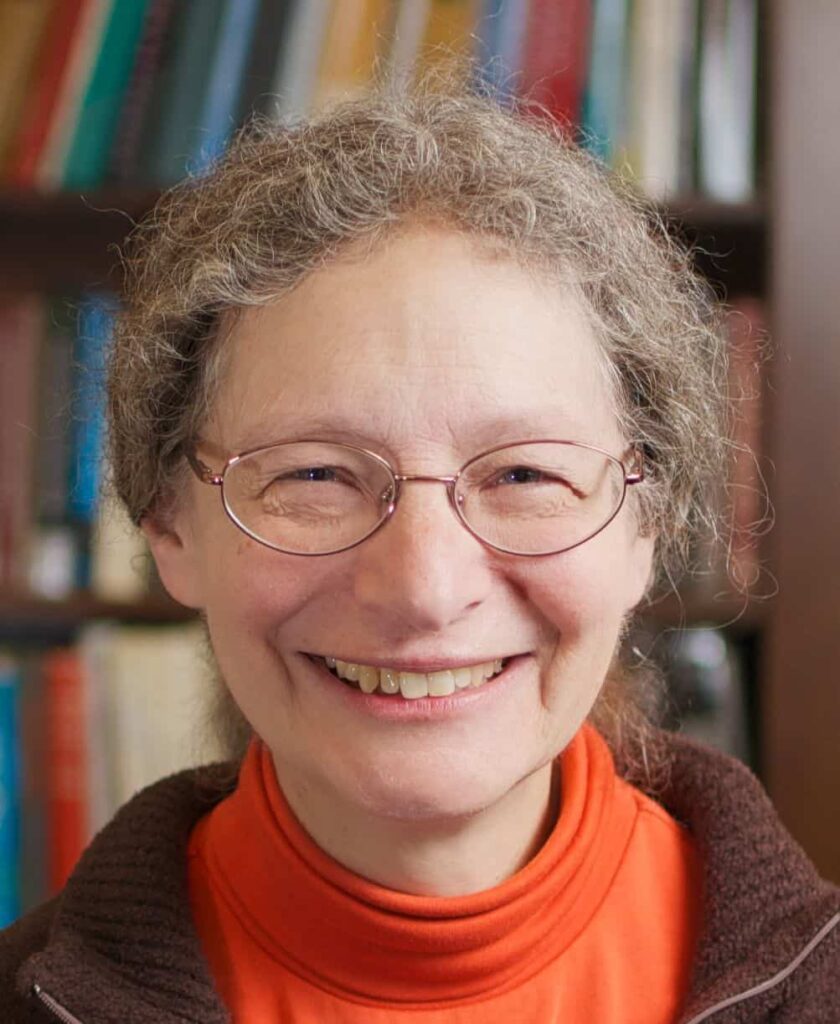
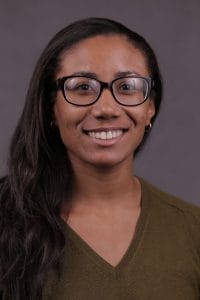
Lauren Lowman
Associate Professor of Engineering
Show Bio
The Lowman lab studies how spatial and temporal changes in water availability impact overall ecosystem health, productivity and sustainability. Lowman and Barros (2018, Ecological Modelling) – A prognostic phenology model is coupled to a land-surface hydrology model to determine how periods of intermittent drought affect canopy development during the growing season and impact carbon and water fluxes between vegetation and the atmosphere. Lowman et al. (2018, Remote Sensing) – The role of wetlands as a water store that boosts productivity during the dry season in the Upper Zambezi River Basin in Southern Africa is explored.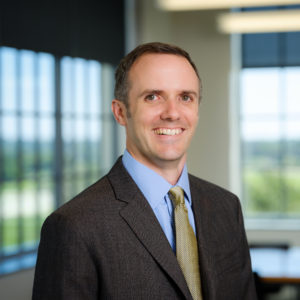
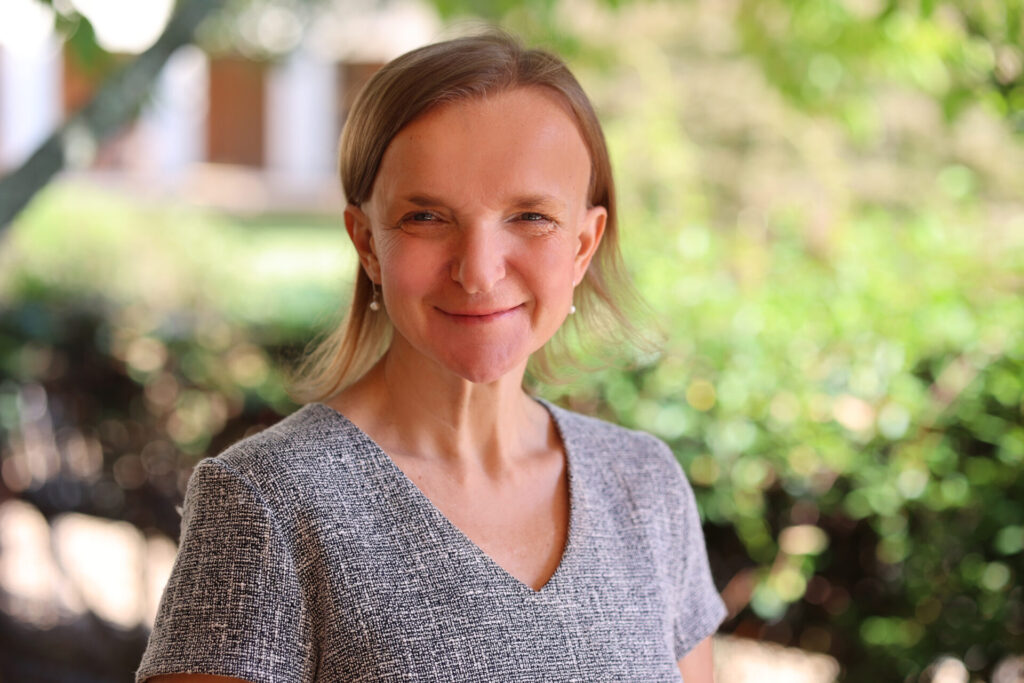
Sarah J. Morath
Professor, Law
Show Bio
Sarah J. Morath is a lawyer, a writer, an educator, and a scientist. Her interdisciplinary scholarship on food and the environment has appeared in a variety of publications and is widely read and cited. She is the editor of From Farm to Fork: Perspectives on Growing Sustainable Food Systems in the Twenty-First Century (University of Akron Press, 2016) and the author of Our Plastic Problem and How to Solve It (Cambridge University Press, 2022). She teaches legal writing to JD and international students Wake Forest University School of Law.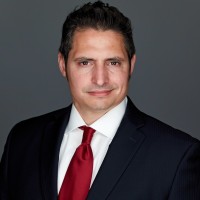
Stephen Smulowitz
Assistant Professor, Strategic Management, School of Business
Show Bio
Stephen Smulowitz is an Assistant Professor in Strategic Management at Wake Forest’s School of Business. Prior to joining Wake Forest, Smulowitz served as a Term Research Professor at the IMD Global Board Center. His research interests include corporate governance, diversity, corporate social responsibility, wrongdoing, and executive compensation. Recent research explores how managerial short-termism affects corporate social performance, including the human, social, and environmental implications. Smulowitz holds a JD from the University of Pennsylvania Law School, an MSc from IE Business School, and a Ph.D. from IESE Business School.
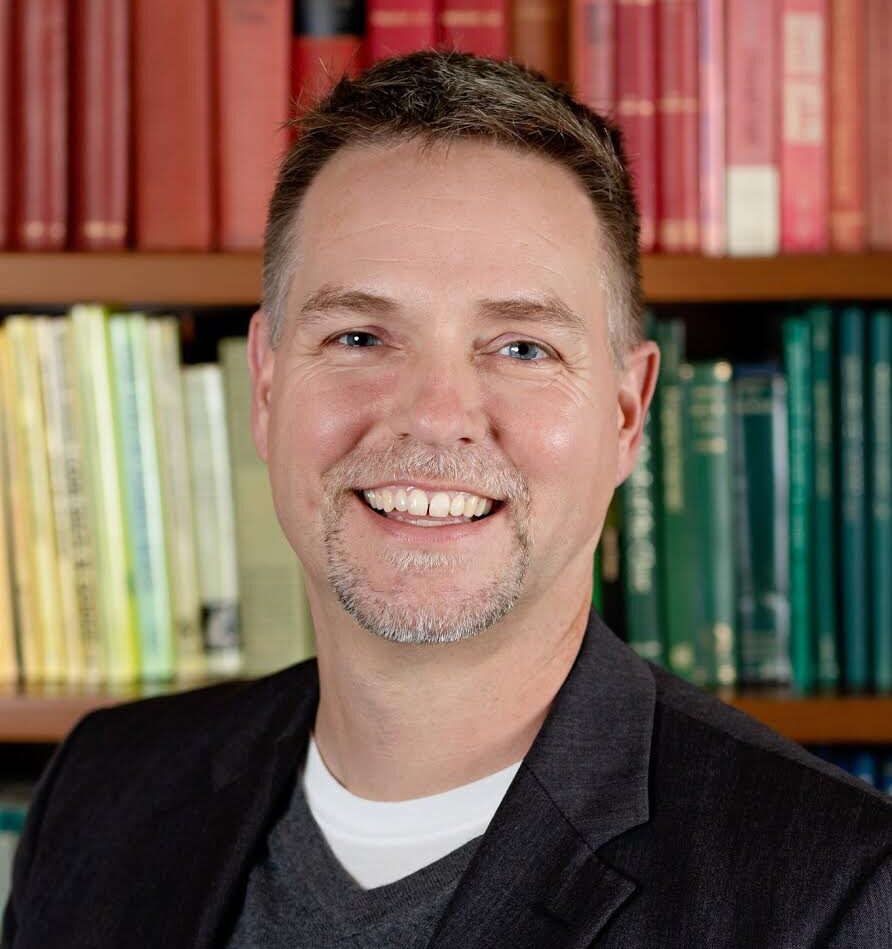
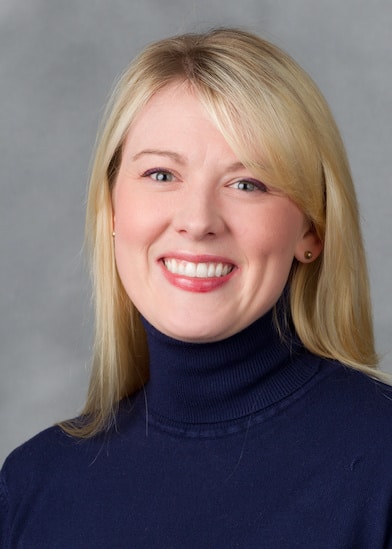
Ashley Wilcox
Director of Sustainability Initiatives, Wake Business
Show Bio
Ashley is the Director of Sustainability Initiatives in the School of Business. She received her bachelor’s degree in Family and Child Sciences from Florida State University and her MBA at Wake Forest University. With a background in human-centered design and more than a decade of experience in higher education and the non-profit sector, Ashley focuses on designing experiences to empower her colleagues. As Director of Sustainability Initiatives, Ashley collaborates with the University’s Office of Sustainability and related academic centers and institutes to integrate sustainability into key areas of focus within the School of Business. This includes working closely with faculty to incorporate sustainability principles into courses and developing new experiential learning opportunities for students. While wearing many hats on campus and in the community, her favorite is that of an outdoorswoman. When she’s not helping haul kayaks during tour season for the Yadkin Riverkeeper, you’ll find her fishing the Yadkin and many of its tributaries.Affiliates
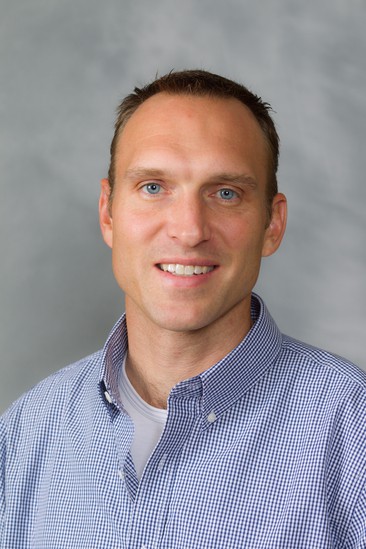
T. Michael Anderson
T. Michael Anderson
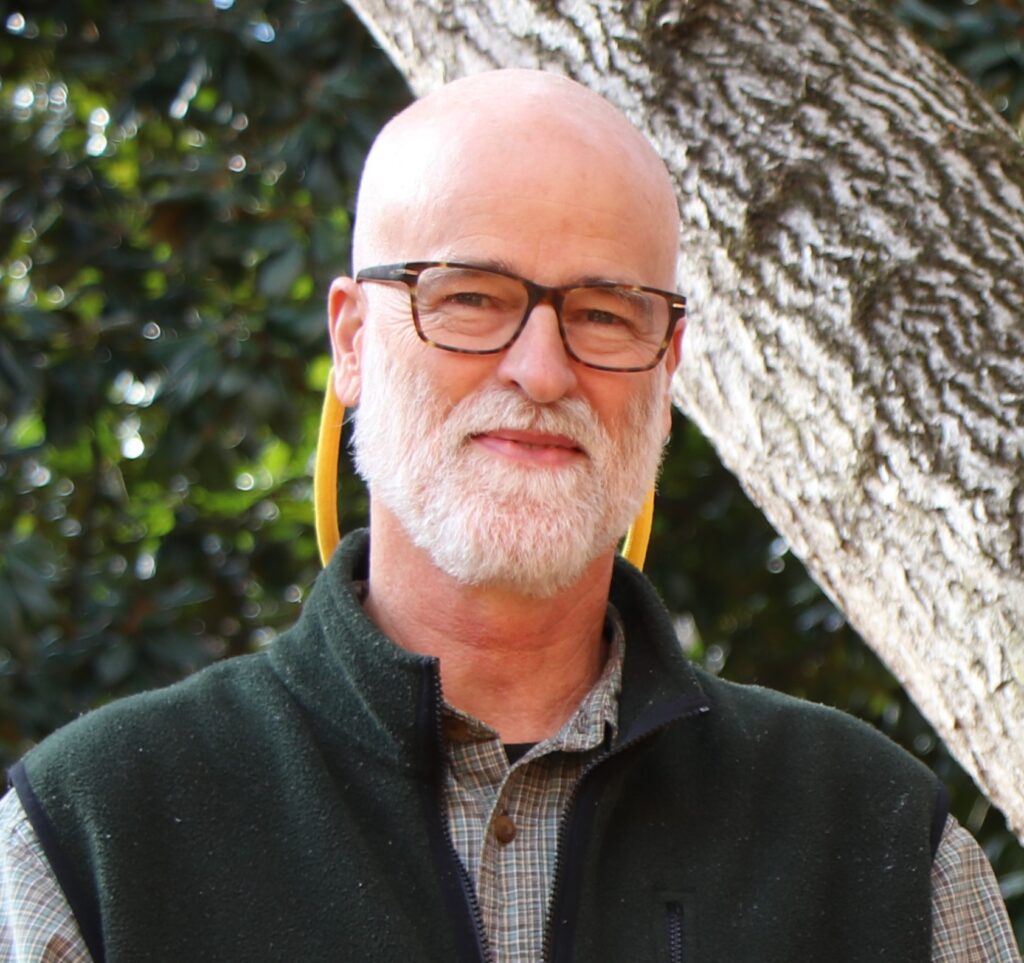
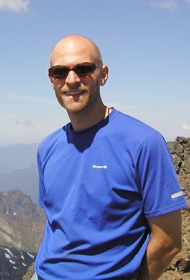
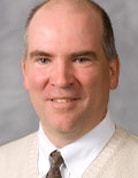
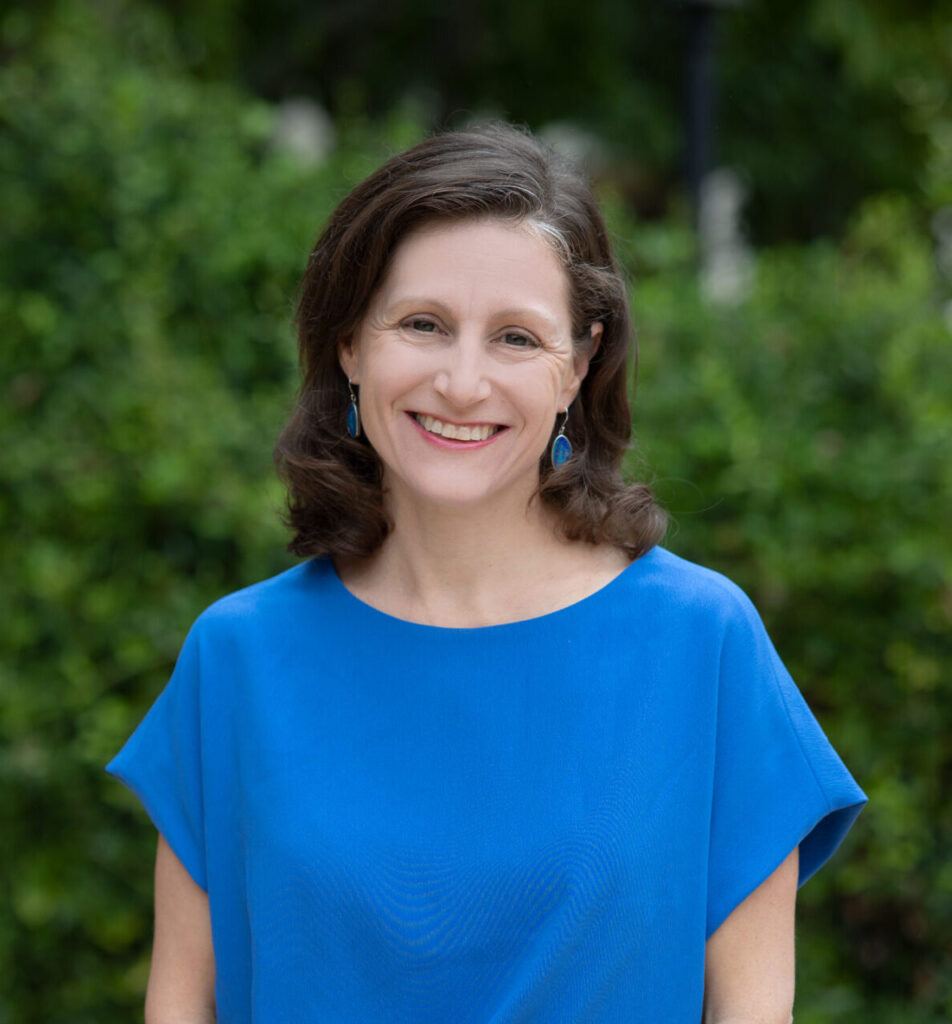
Alyse Bertenthal
Assistant Professor of Law
Show Bio
Alyse Bertenthal studies how cultural, legal, and scientific practices affect the construction and implementation of environmental law and environmental justice.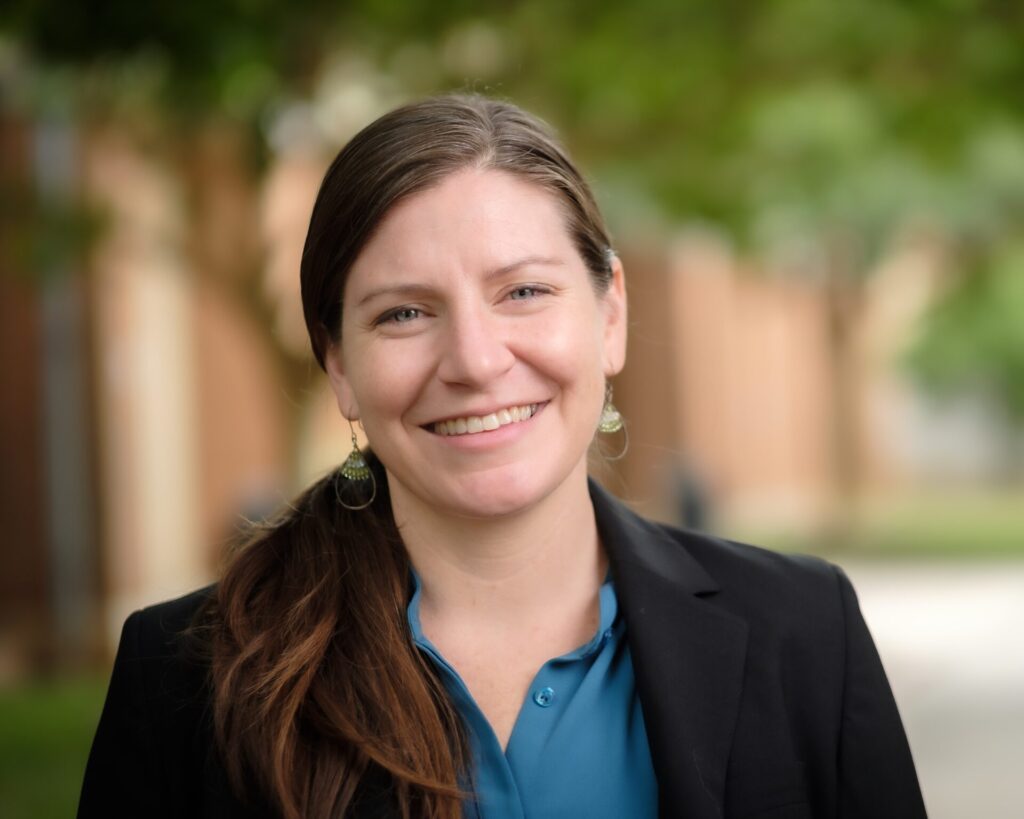
Lisa Blee
Associate Professor of History
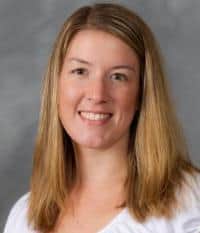
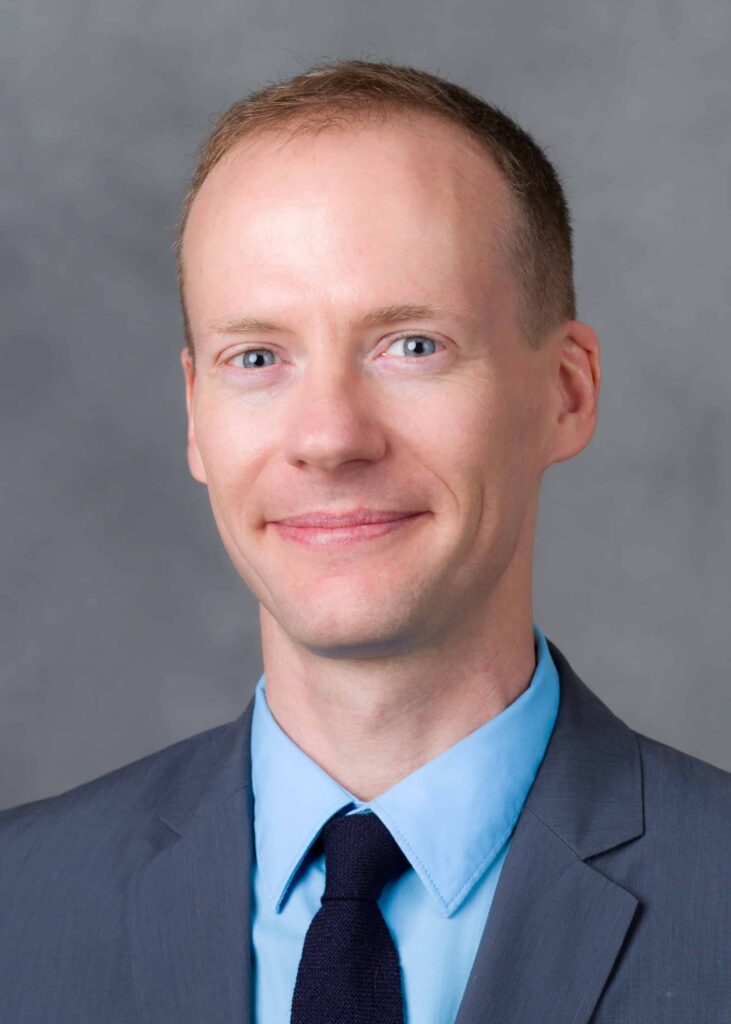
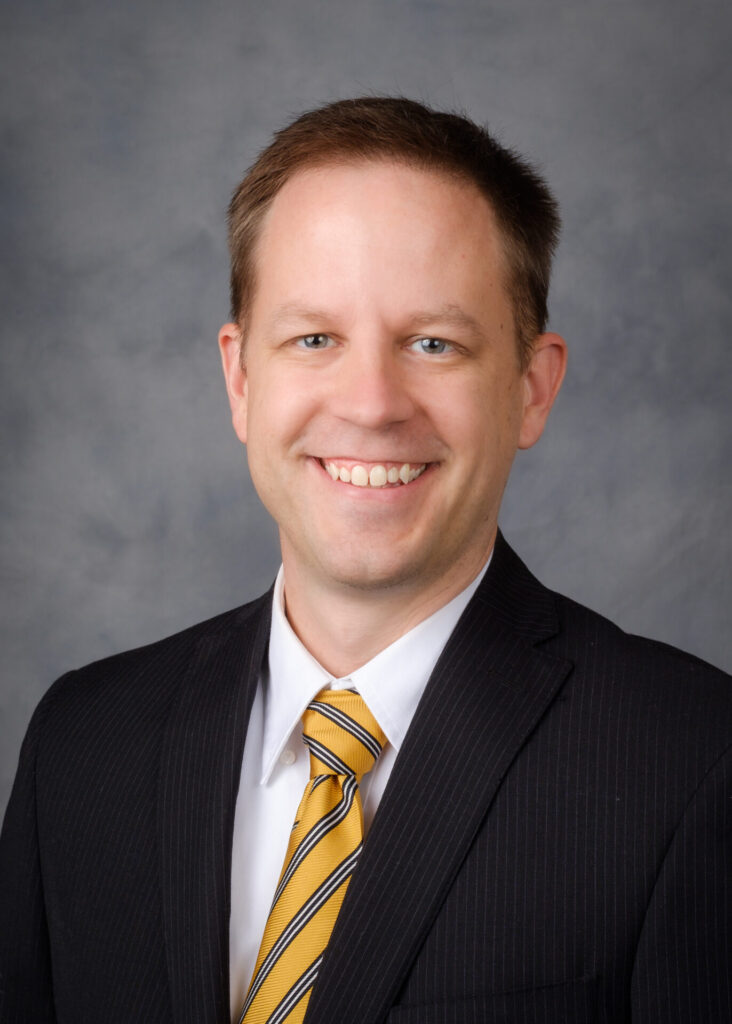
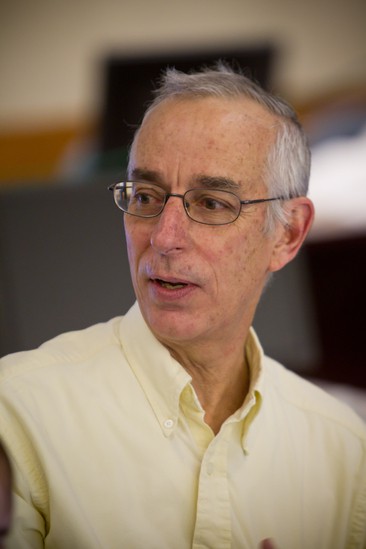
Daniel Cañas
Associate Professor of Computer Science; Director of the Computer Science Center
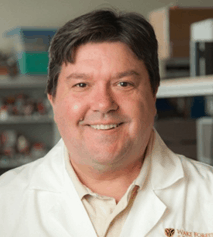
David Carroll
Associate Professor of Physics, Director Center for Nanotechnology and Molecular Materials
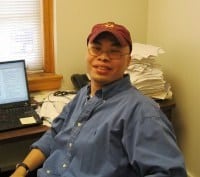
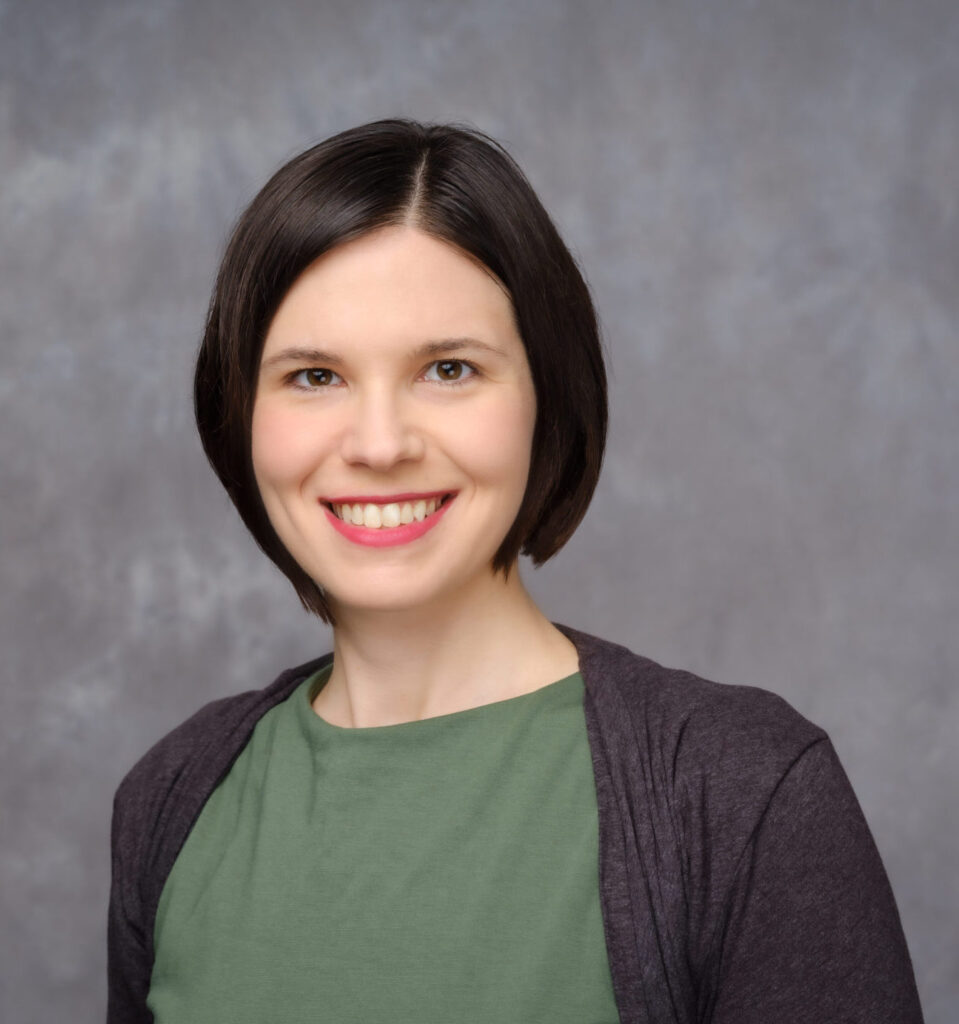
Elizabeth Clendinning
Associate Professor of Music
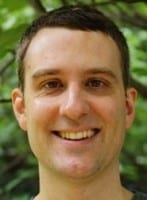
Benjamin Coates
Assistant Professor of History
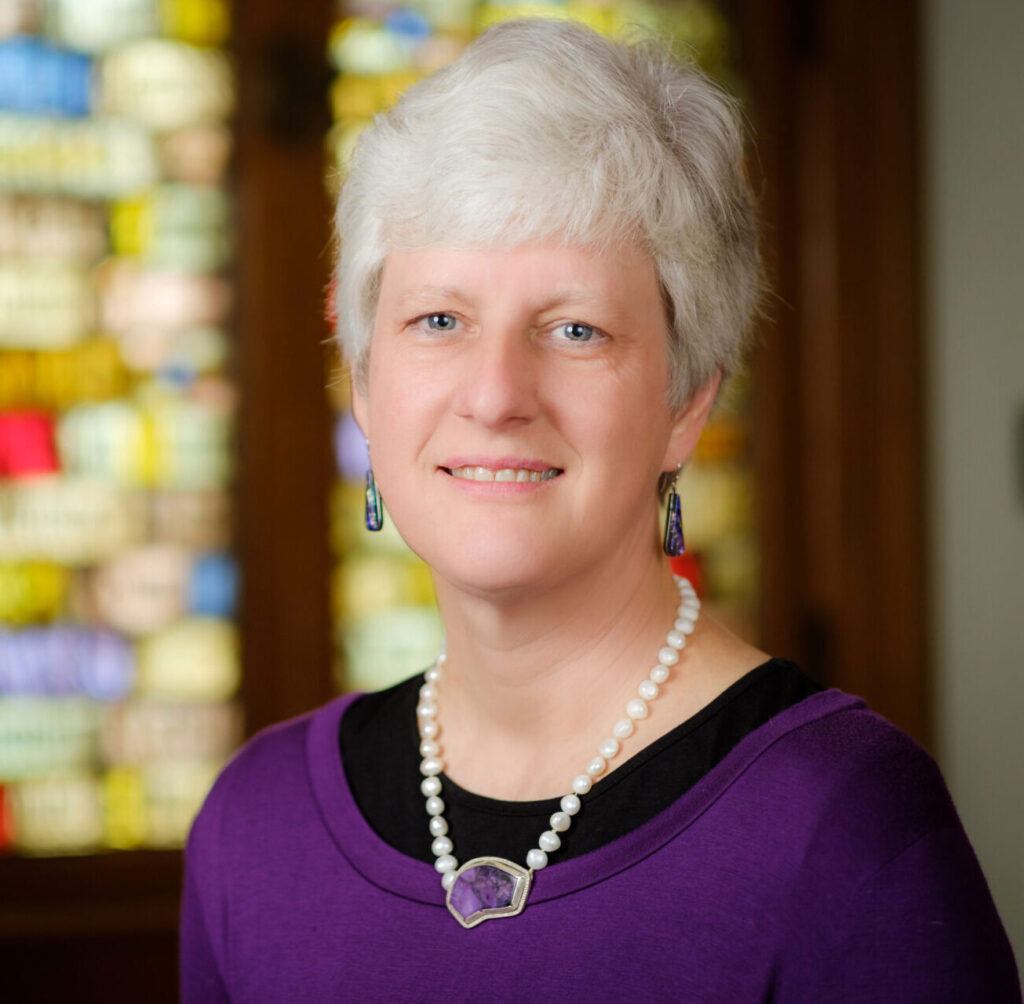
Jill Crainshaw
Professor of Worship and Liturgical Theology; Vice Dean for Faculty Development and Academic Initiatives
Show Bio
Crainshaw emphasizes in her teaching, scholarship and administrative leadership the importance of self-awareness and theological and spiritual intentionality to effective religious leadership. As Vice Dean, Crainshaw develops and implements faculty mentoring strategies and provides leadership for research and teaching initiatives. Crainshaw has received several awards for her work as a teacher, including the 2018 Academics, Research, and Engagement award from the Wake Forest Office of Sustainability and the 2015 Teaching Innovation award from the Wake Forest Teaching and Learning Collaborative. Both awards highlight Crainshaw’s course, “Saving Places; Savoring Graces: A Placed-based Study of Sacraments and Ordinances.” The course explores connections between local elements and actions such as water and bread baking, and central actions of worship such as baptism and the Lord’s Supper. An ordained Minister of Word and Sacrament in the Presbyterian Church (U.S.A.), Crainshaw is a well-known author in her field of liturgical theology. She has written five books exploring theological and practical dimensions of worship and religious leadership, including “When I in Awesome Wonder: Liturgy Distilled from Everyday Life” (Liturgical Press, 2018) and “They Spin with Their Hands; They Open Their Hands to the Needy: Women’s Ordination Liturgies Shaping Priestly Communities” (Order of St. Luke Press, 2014). She is also the author of a book of poetry, “Cedars in Snowy Places: 52 Poems” (WFU Library Partners Press, 2019) and co-editor of a two-volume Encyclopedia of Religious Controversies in the United States (ABC-Clio, 2012).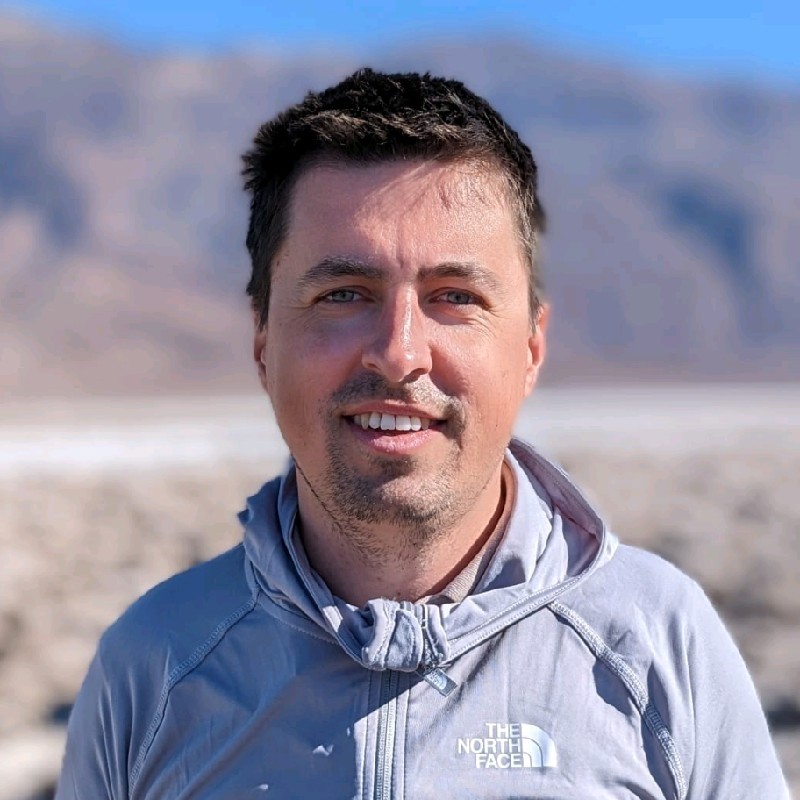
Ovidiu Csillik
Assistant Professor of Remote Sensing
Show Bio
An Assistant Professor within the Environment and Sustainability Studies Program, Ovidiu joined us from the NASA Jet Propulsion Laboratory. His current work focuses on monitoring tropical forests using remote sensing and machine learning.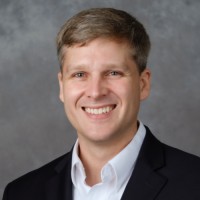
Mark Curtis
Associate Professor of Economics
Show Bio
Mark Curtis is an Associate Professor of Economics at Wake Forest University, teaching and advancing research in the fields of environmental and labor economics. Recent research has focused on the implications of the green energy transition for workers, as well as the broader impacts of environmental and tax policy.
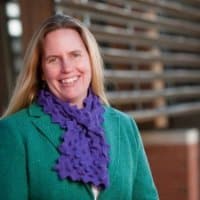
Becky Dickson
Graduate School Professor, Wake Forest University
Show Bio
Experienced spatial analyst and educator with a demonstrated history of working for non-profits, private companies and in the higher education industry. Skilled in GIS, Remote Sensing, Spatial Analysis, and Spatial Modeling with a focus on Ecosystem Services, Land Cover Change and Sustainability. Strong education professional with a Doctor of Philosophy (PhD) focused in Geography from Clark University.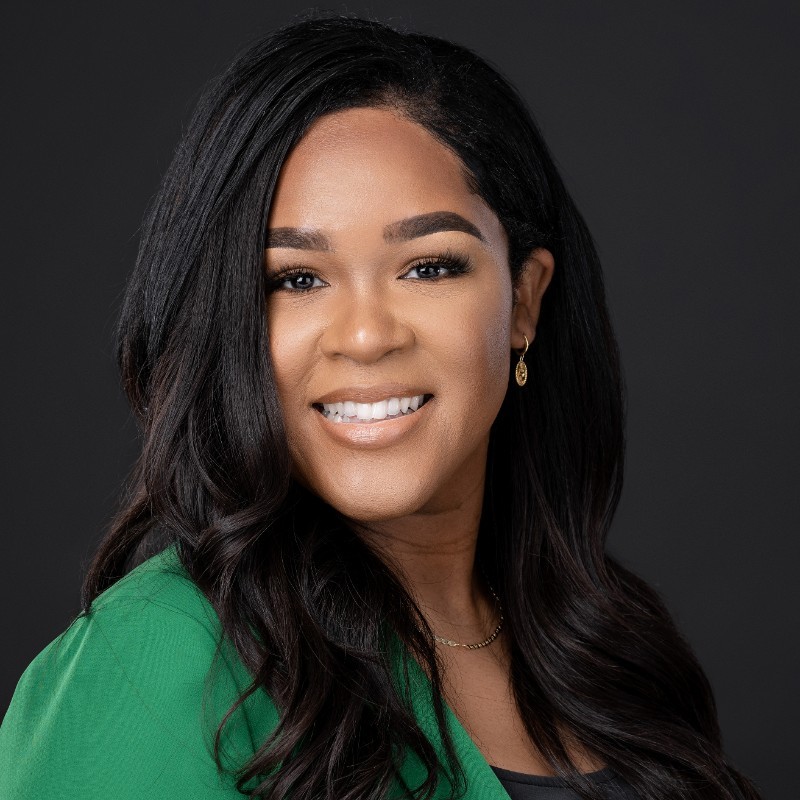
Crystal Dixon
Associate Professor of the Practice, Department of Health and Exercise Science
Show Bio
Crystal Dixon is an Associate Professor of the Practice in the Department of Health and Exercise Science (HES) at Wake Forest University (WFU). Her academic research and scholarship explores the intersection of environmental racism, sustainability, and public health. Dixon also serves as a Governing Councilor of the Environment section within the American Public Health Association (APHA) where she co-authored and passed the first policy statement to address the lack of oversight of COVID-19 medical waste as an environmental justice issue. Dixon currently serves on The Partnership Project and CleanAire NC Board of Directors where she advocates for health equity and environmental justice.
Bio Page »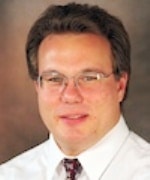
Jack Dostal
Associate Teaching Professor, Physics
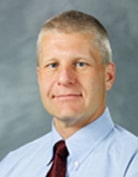
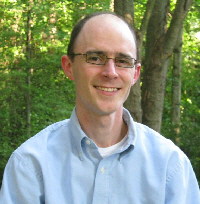
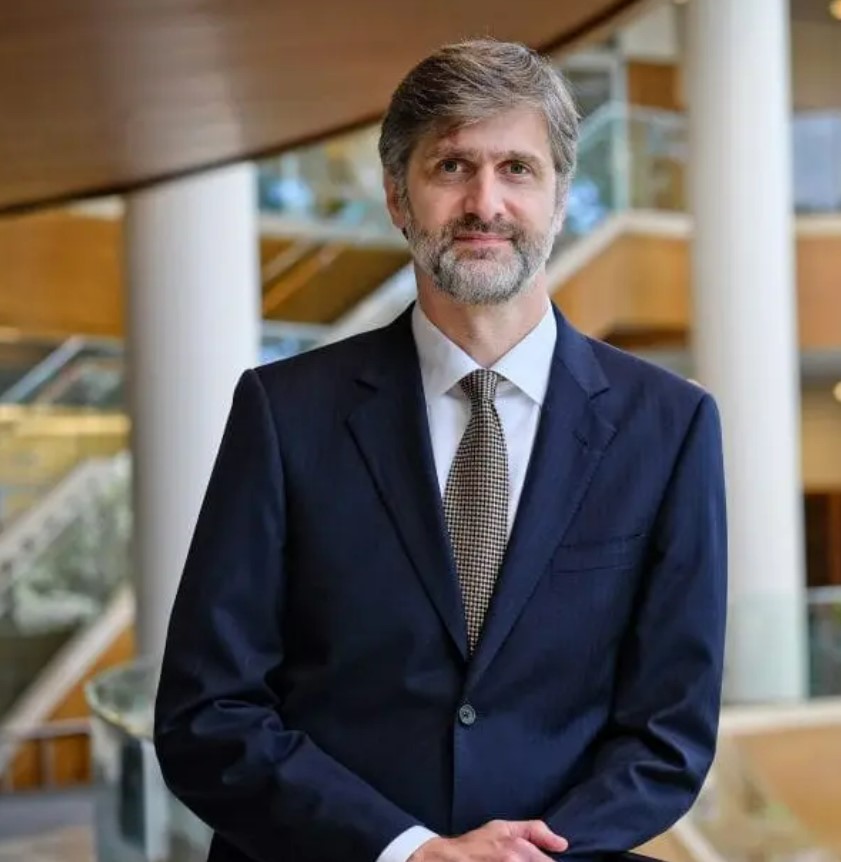
Mark Evans
Area Chair and Dale K. Cline Associate Dean for Accountancy at Wake Forest University School of Business
Show Bio
Mark Evans serves as Area Chair and Dale K. Cline Associate Dean for Accountancy at the Wake Forest University School of Business. His academic interests are focused on the effects of financial accounting and voluntary disclosure in capital markets; financial accounting and reporting attributes; and corporate governance and auditing. He has been published in “The Accounting Review, Journal of Accounting and Economics, and Contemporary Accounting Research”. Evans received a Bachelor of Business Administration and Masters of Business Administration from Radford University. He worked as a senior auditor at KPMG and an audit manager at Walker Healthcare before earning his Ph.D. from Duke University’s Fuqua School of Business. Prior to arriving at Wake Forest, Mark served as an assistant professor of accounting at Indiana University’s Kelley School of Business.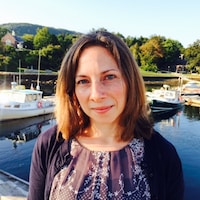
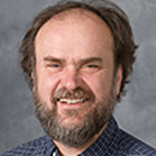
Steve Folmar
Associate Professor, Cultural/Applied Anthropology
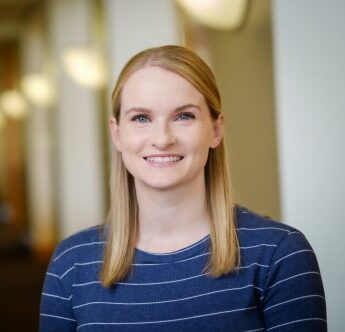
Amanda Foster Kaufman
Learning and Instructional Services Librarian
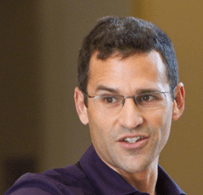
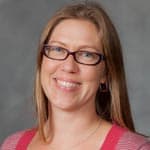
Karin Friederic
Associate Professor, Cultural and Applied Anthropology
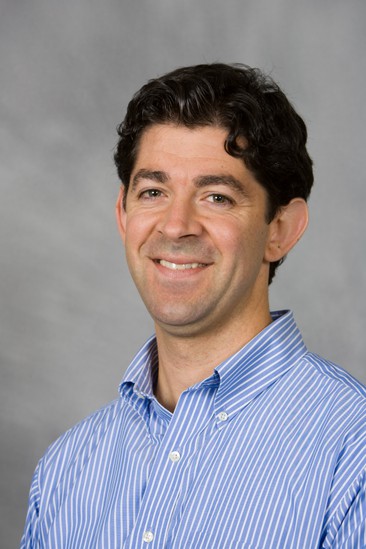
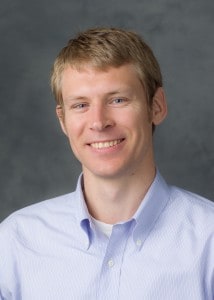
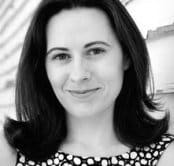
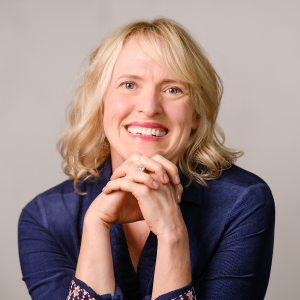
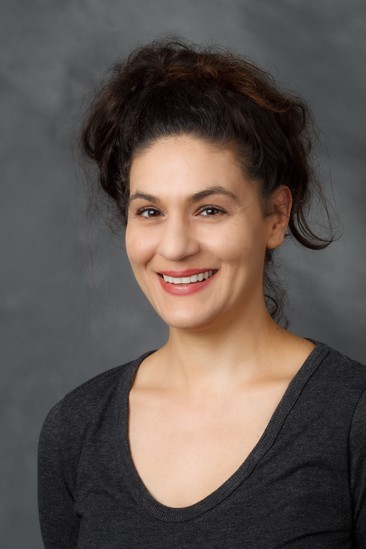
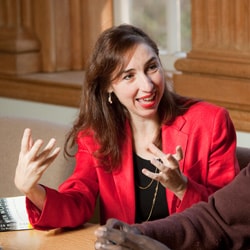
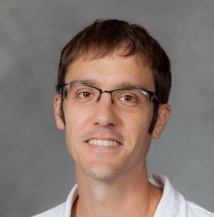
Justin Green
Professor of the Practice, Department of Communication/Head Debate Coach
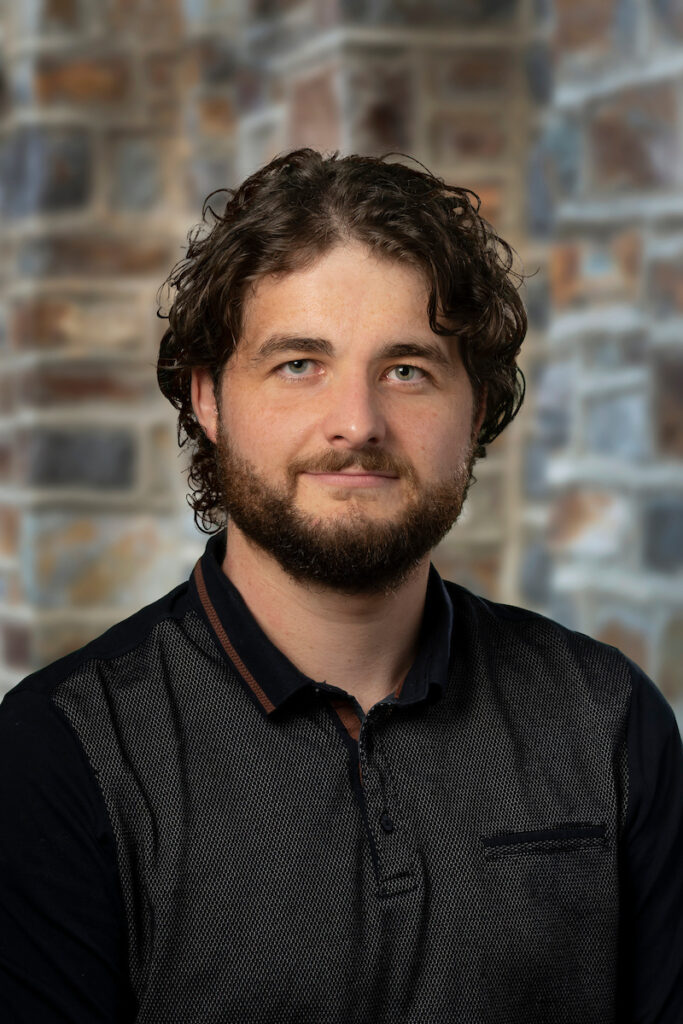
Alexandre Guevel
Assistant Professor, Biomedical Engineering
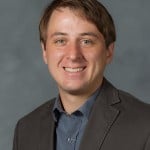
Andrew Gurstelle
Associate Teaching Professor, Department of Anthropology
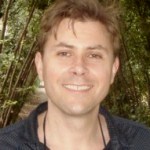
Robert Hellyer
Professor of History
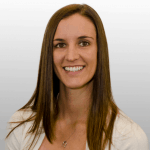
Staci Hepler
Associate Professor, Department of Statistical Sciences
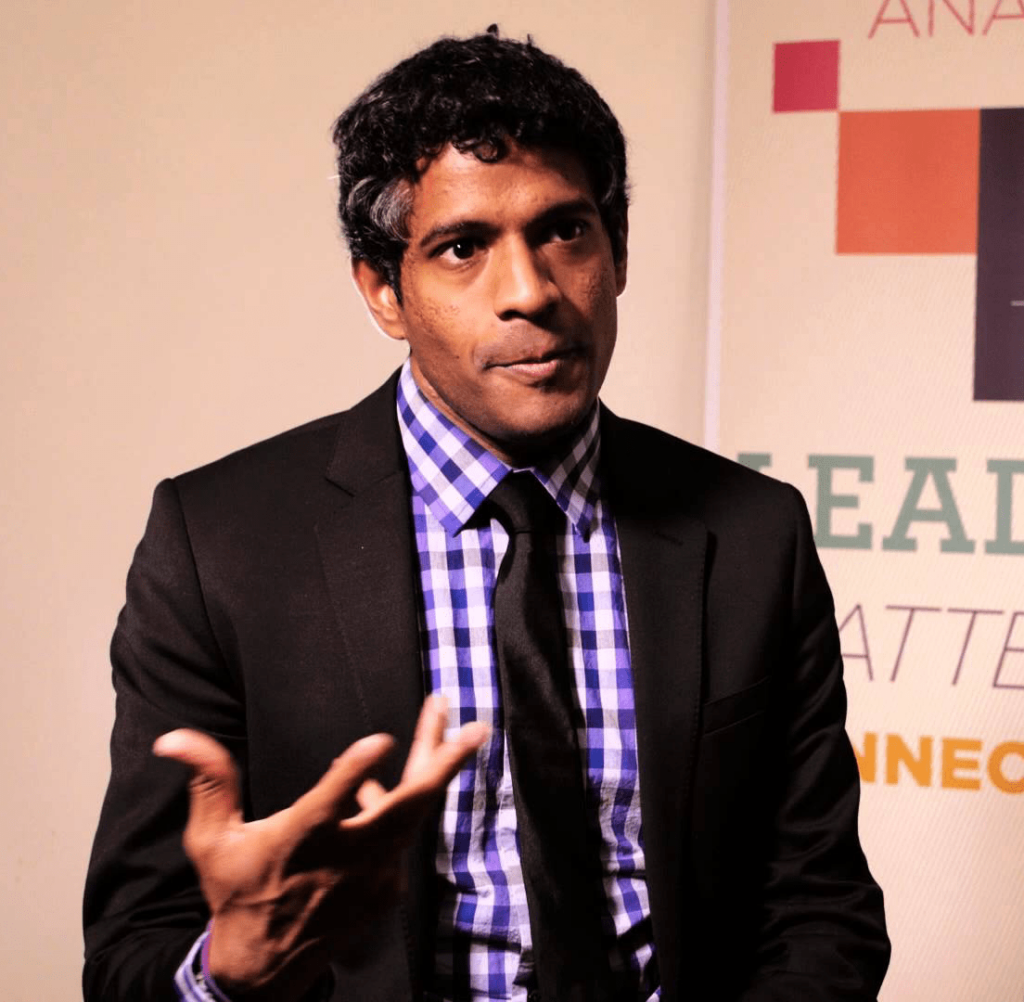
Eranda Jayawickreme
Harold W. Tribble Professor of Psychology and Senior Research Fellow in the Program for Leadership and Character
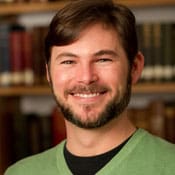
Lucas Johnston
Associate Professor of Religion and Environment
Show Bio
Lucas F. Johnston and Dave Aftandilian (eds.) Grounding Education in Environmental Humanities: Exploring Place-Based Pedagogies in the South (Routledge Press, 2018). This edited volume draws together educators and scholars to engage with the difficulties and benefits of teaching place-based education in a distinctive culture-laden area in North America: the United States South. Despite problematic past visions of cultural homogeneity, the South has always been a culturally diverse region with many historical layers of inhabitation and migration, each with their own set of religious and secular relationships to the land. Through site-specific narratives, this volume offers a blueprint for new approaches to place-based pedagogy, with an emphasis on the intersection between religion and the environment. By offering broadly applicable examples of pedagogical methods and practices, this book confronts the need to develop more sustainable local communities to address globally significant challenges. Johnston, Lucas F. 2018. “Worldview Analysis in Comparative Context: Fishing for Data in Muddy Waters.” Invited submission for the open-source journal Religions, special issue on “Ethnographies of Worldviews/Ways of Life” (August 2018). Abstract: Drawing on the five-fold revision of the concept of “worldview” offered by the issue editors, I investigate whether some nonreligious modes of cultural production might be profitably investigated using such a typology. In my comparative study of religious and secular sustainability-oriented social movements I offered skeletal definitions of the categories “religion” and “sustainability,” and suggested ways in which public deployments of such terms might offer fertile ground for collaboration between individuals and groups with different value sets. In more recent work among particular rock music and festival scenes, I have found it necessary to offer a dramatically different understanding of the category “religion.” In a sort of thought experiment, I imagine whether the revised concept of “worldview” might be applicable, and indeed whether it offers some advantage over the category “religion.” My conclusions are that in general, in some cases the category of worldview may have some advantages, but it may also gloss over or ignore important cultural contestations over terms such as religion, and at best underplay important affective activators of belonging and identity. The notion of “ways of life,” or “lifeways” may offer a term which avoids some ethnocentric impositions, but would require greater elaboration to be broadly useful to ethnographers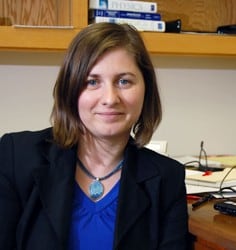
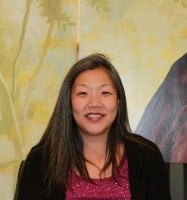
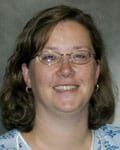
Angela King
Teaching Professor, Chemistry
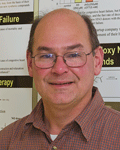
Bruce King
Professor of Chemistry
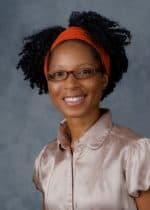
Rowena Kirby-Straker
Assistant Professor, Department of Communication
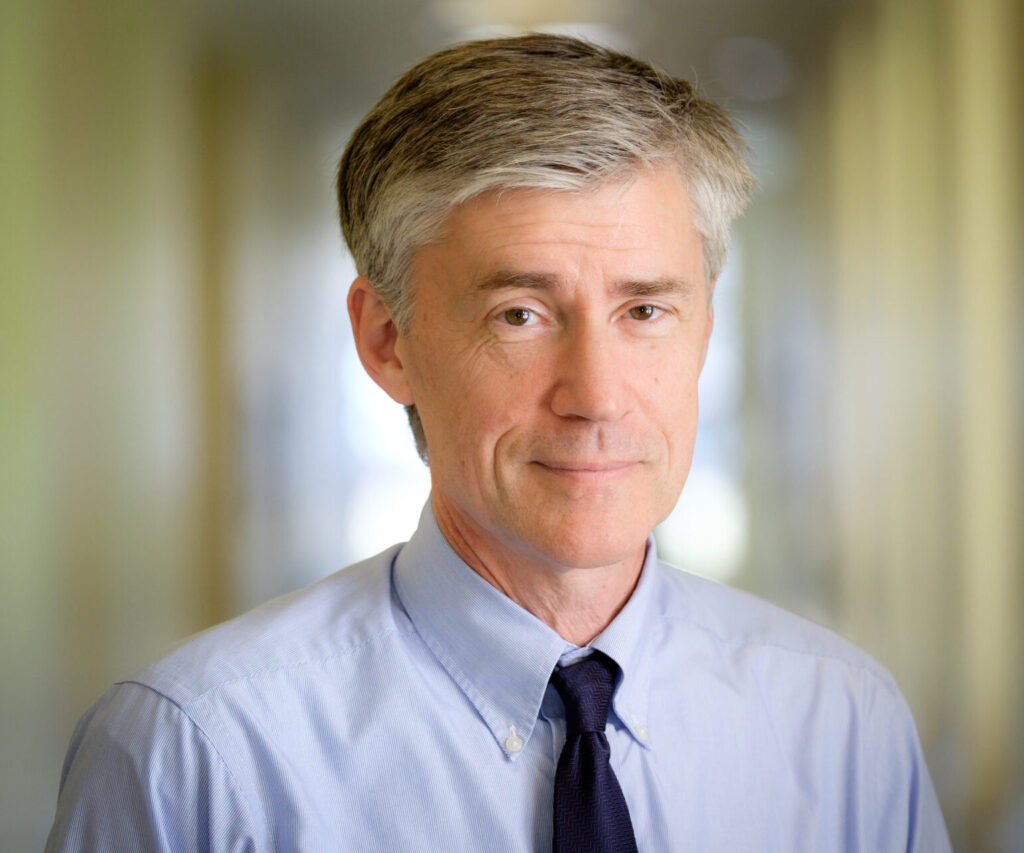
John Knox
Henry C. Lauerman Professor of International Law and United Nations Special Rapporteur on human rights and the environment, 2012-2018
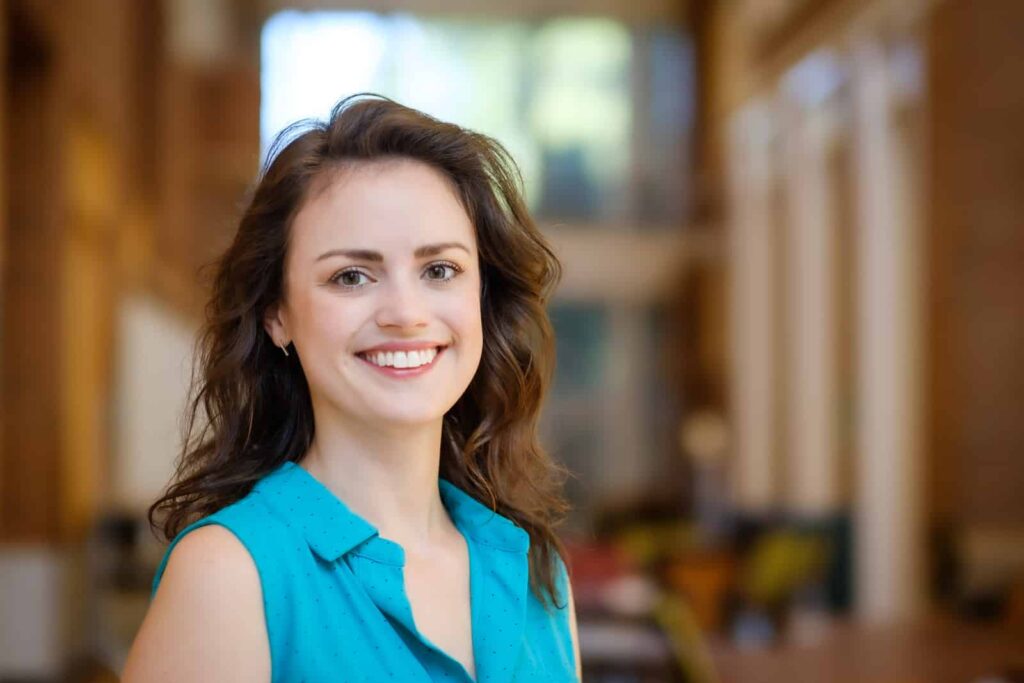
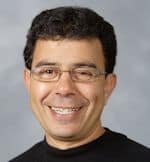
Abdessadek Lachgar
Professor of Chemistry and the Bell Faculty Fellow
Show Bio
Dr. Lachgar a Professor of Chemistry and the Bell Faculty Fellow. His teaching expertise is in the general area of inorganic materials chemistry and nanomaterials. His research projects focus on the development and characterization of materials for potential applications in the field of energy storage and environmental remediation. Three main projects are underway in his laboratory, the first focus on the use of the molecular building block approach to the design and preparation of novel cluster based hybrid inorganic-organic materials for hydrogen storage and CO2 sequestration, the second is the synthesis and structural characterization of materials for use as high capacity cathodes in rechargeable lithium ion batteries, and the third project has the objective of developing solid acid base catalysts for the production of biodiesel from inexpensive feedstock such as brown and black grease. Lachgar has authored over 90 papers and has received over $2,000,000 in grants since he joined the university in August 1991.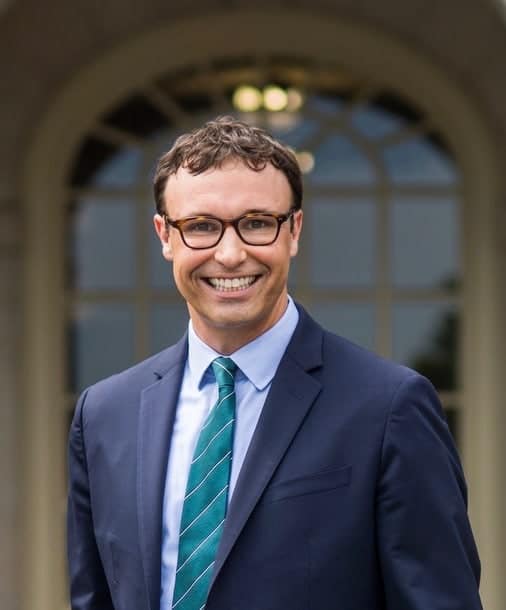
Michael Lamb
F. M. Kirby Foundation Chair of Leadership and Character, Executive Director of the Program for Leadership and Character, Associate Professor of Interdisciplinary Humanities
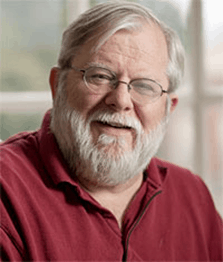
John Llewellyn
Associate Professor of Communications
Show Bio
I was born in Vermont and have lived all over the US. Prior to the academy I worked in PR and media relations in state and local government in North Carolina. I taught at Purdue University and UNC Greensboro before coming to Wake Forest. I am married and we have two adult children (both Wake Forest graduates). I am a recognized expert on PR and urban legends (by the federal courts) and the McDonald’s hot coffee case (by Retro Reports, a New York Times-affiliated media content producer).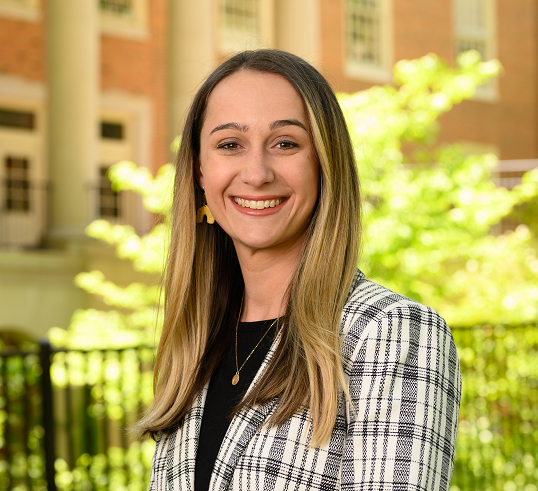
Sarah Lotspeich
Assistant Professor, Statistical Sciences
Show Bio
Sarah Lotspeich is an Assistant Professor at Wake Forest University in the Department of Statistical Sciences, with a secondary appointment in the Department of Biostatistics and Data Science. She co-leads the Spatial and Environmental Statistics in Health (SESH) Lab at Wake Forest and the Methods for INcomplete Data (MIND) Lab at the University of North Carolina at Chapel Hill.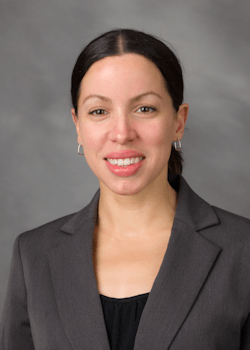
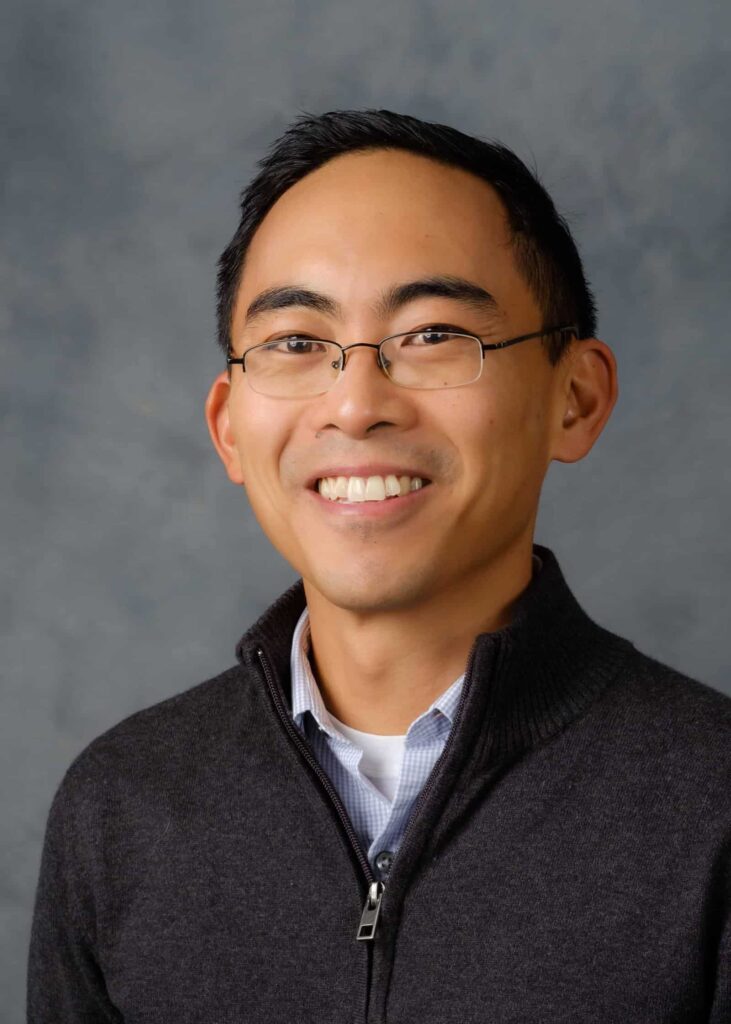
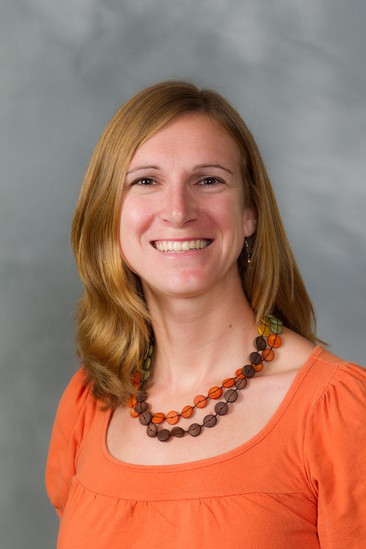
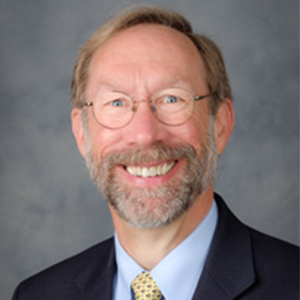
Stan Meiburg
Executive Director Emeritus
Environmental Law & Policy
Show Bio
Dr. Stan Meiburg is the Executive Director Emeritus of the Andrew Sabin Family Center for Environment and Sustainability, having served as Executive Director for the Center from 2022 through June 2025. This follows five years at Wake Forest as the Director of Graduate Studies in Sustainability and a 39-year career with the U.S. Environmental Protection Agency. From 2014 to 2017, Dr. Meiburg served as EPA’s Acting Deputy Administrator, the agency’s second highest position. Before becoming Deputy Administrator, Dr. Meiburg served in senior career positions as EPA’s Deputy Regional Administrator in the Southeast and South Central regions of the United States, as well as in EPA offices in Research Triangle Park and in Washington, DC. He received EPA’s Distinguished Career Service Award, EPA’s Gold Medal for his work on the Clean Air Act Amendments, the Commander’s Award for Public Service from the Department of the Army, and the Distinguished Federal Executive award, the highest civilian award for a Federal senior executive. He was a member of the North Carolina Environmental Management Commission from 2017 through 2021 (Chair 2019-2021), and is a member of the Roundtable on Science and Technology for Sustainability of the National Academies of Sciences, Engineering and Medicine, a Fellow of the National Academy of Public Administration, and a Senior Advisor to The Water Institute. He also teaches in the Department of Politics and International Affairs at Wake Forest. Dr. Meiburg holds a B.A. degree from Wake Forest University, and masters and doctoral degrees in political science from The Johns Hopkins University.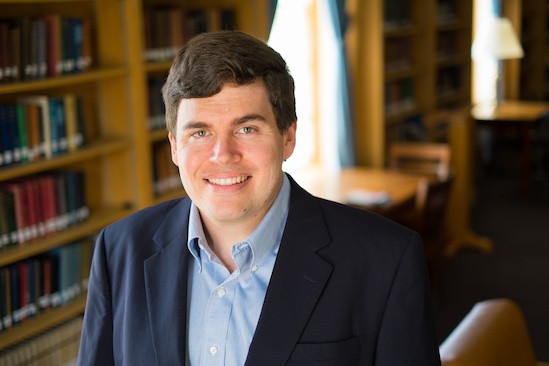
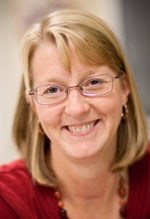
Gloria Muday
Professor of Biology
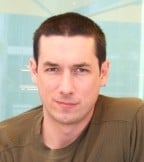
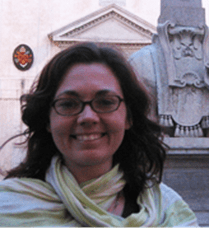
Monique O’Connell
Professor of History, Associate Dean of the Faculty in the College
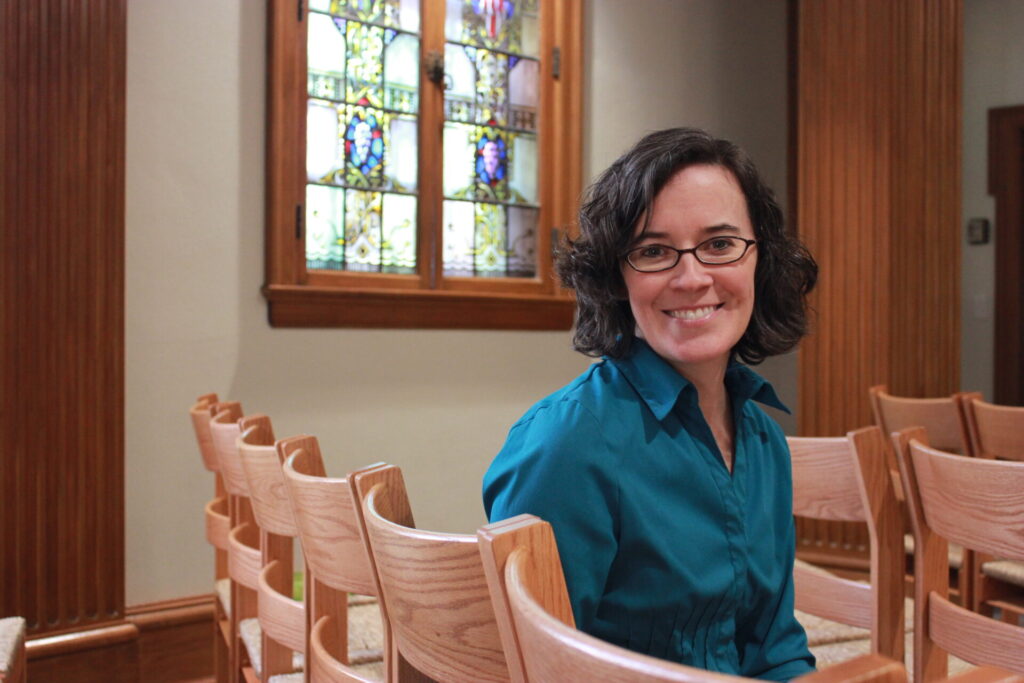
Elizabeth O’Donnell Gandolfo
Earley Associate Professor of Catholic and Latin American Studies, School of Divinity
Show Bio
Dr. Gandolfo is a constructive theologian in the Catholic tradition whose teaching and research interests coalesce around the following themes in feminist and Latin American liberation theologies: the place of motherhood in theology and spirituality; the theological and political significance of remembering suffering; and the decolonial ecclesiology of Christian base communities in Latin America. Her first book, “The Power and Vulnerability of Love: A Theological Anthropology” (Fortress, 2015), draws on women’s experiences of maternity and natality to construct a theology of suffering and redemption that is anchored in the reality of human vulnerability. She is also co-editor of “Parenting as Spiritual Practice and Source for Theology: Mothering Matters” (Palgrave Macmillan, 2017), which brings together theological reflections on mothering by women scholars in theology, bible, and ethics. Gandolfo has recently completed a co-authored book manuscript entitled “Re-membering the Reign of God: The Decolonial Witness of El Salvador’s Church of the Poor” (under contract with Lexington Books) and is in the beginning stages of writing her next monograph, “Eco-martyrdom in the Americas: Dying for Our Common Home” (under contract with Orbis Books). Her articles have appeared in several edited volumes and in scholarly journals such as “Horizons”, “Spiritus”, “Theology Today”, and “Louvain Studies”.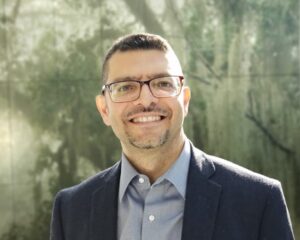
A.Z. Obiedat
Assistant Professor of Arabic
Show Bio
Dr. A. Z. Obiedat is an Assistant Professor of Arabic Language and Culture at Wake Forest University, North Carolina. He received his Ph.D. in Arab-Islamic Philosophy and Science from McGill University in Montréal, Canada, in 2011. In 2004 he received his MA from the same institution, in Arabic Discourse Analysis in Islamic Law. Before joining Wake Forest University in 2015, he served as Senior Lecturer of Arabic Language and Culture at the University of Virginia (2007-2015), and in 2011 as Program Coordinator of its 400-plus student Arabic Program. Since 2006, Dr. Obiedat has taught more than 75 university courses for students in Canadian and American Universities. This includes all undergraduate levels of Modern Standard Arabic, Spoken Arabic Dialect, and Advanced Media Arabic. For Arab-Islamic history and culture taught in English, Dr. Obiedat created and taught several new interdisciplinary courses, such as a “Survey of Arab-Islamic Civilization through Literature.” He also taught other content classes, including “The Language of the Qur’an and Hadith,” and “The West versus the Rest: Strife over Modernity.” Dr. Obiedat is an opinion columnist at the al-Jazeera Arabic website, a member of the Middle East Studies Association (MESA) and the Arab Society of Logic and Epistemology, and serves as an academic reviewer for Al-‘Arabiyya, the Journal of the American Association of Teachers of Arabic. His Academia website was ranked in the “top 1% of world researchers” (Feb 16th, 2018) and currently has more than 16k total views https://wfu.academia.edu/AZObiedat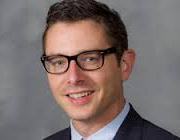
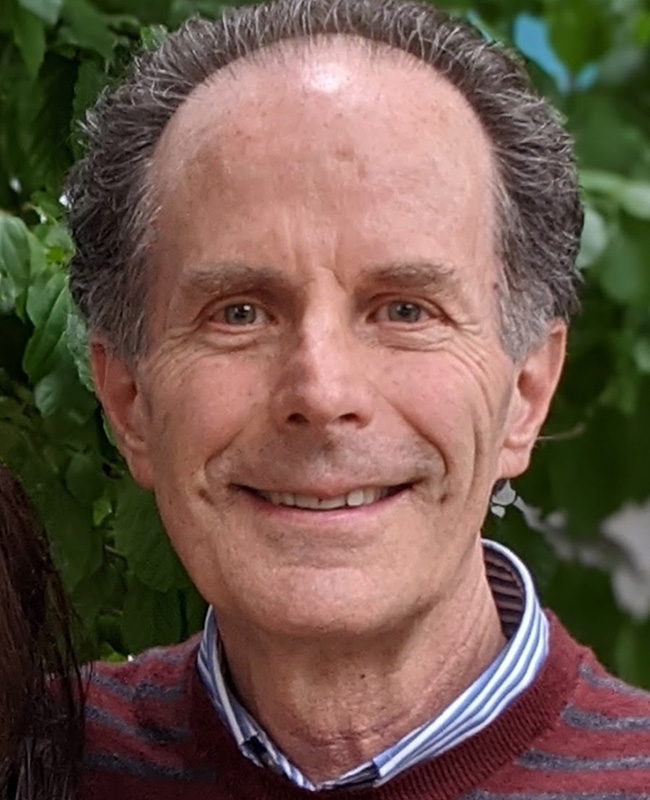
Alan Palmiter
William T. Wilson, III, Presidential Chair for Business Law
Show Bio
Professor Palmiter is William T. Wilson, III, Presidential Chair for Business Law. He’s got a national and international reputation as a scholar-teacher on corporate/securities law. His primary interest is the “sustainable corporation,” with a focus on the implications of ESG investing and the importance of collaboration, friendship, teaching/learning, and love in the corporation. His articles have been selected seven times as among the best corporate/ securities law articles of the year. He has organized symposia on the corporation’s importance to the environment, for society, and in politics. Before joining the Wake Forest faculty in 1986, he practiced law at Cleary, Gottlieb, Steen & Hamilton-Washington, DC. He was born in India, grew up in Bolivia, and went to high school in Toledo, Ohio.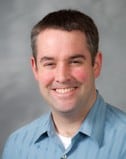
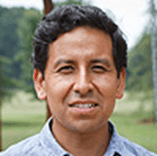
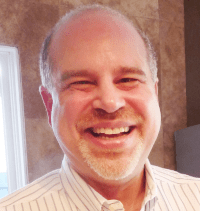
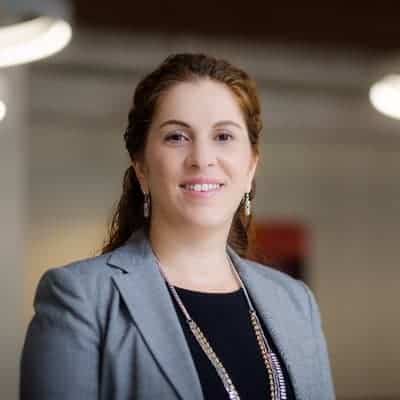
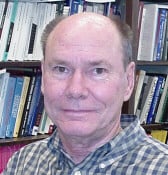
Robert Plemmons
Emeritus Z. Smith Reynolds Professor of Computer Science and Mathematics
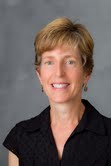
Natascha Romeo
Professor of the Practice, Health and Exercise Science
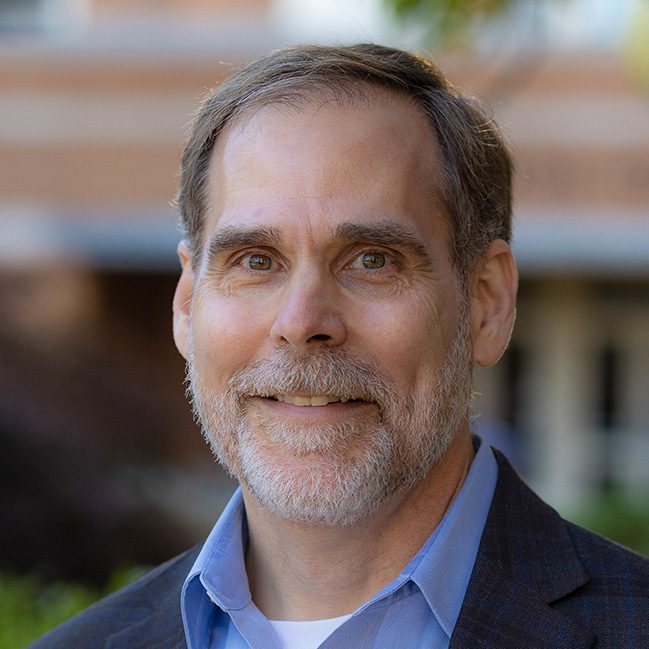
Scott Schang
Interim Executive Director
Professor of Practice, Director of Environmental Law and Policy Clinic
Environmental Law & Policy
Show Bio
Scott Schang currently serves as Interim Executive Director of the Sabin Center. Schang is an expert on environmental law and governance. He is a Professor of Practice at Wake Forest where he directs the School’s Environmental Law and Policy Clinic. He is also senior advisor on corporate engagement at Landesa, an international land rights NGO, where he advises on Landesa’s work on responsible investment in land. He has extensive experience working with corporations, multilateral investment banks, international development agencies, international and local civil society partners, and community members in designing and implementing socially responsible practices and in designing and assessing the efficacy of environmental legal systems. He is past Acting President and Executive Vice President at the Environmental Law Institute, former Editor of the Environmental Law Reporter, and was in private practice with Cleary, Gottlieb, and Latham & Watkins.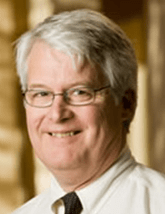
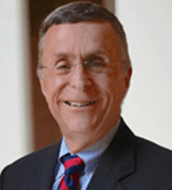
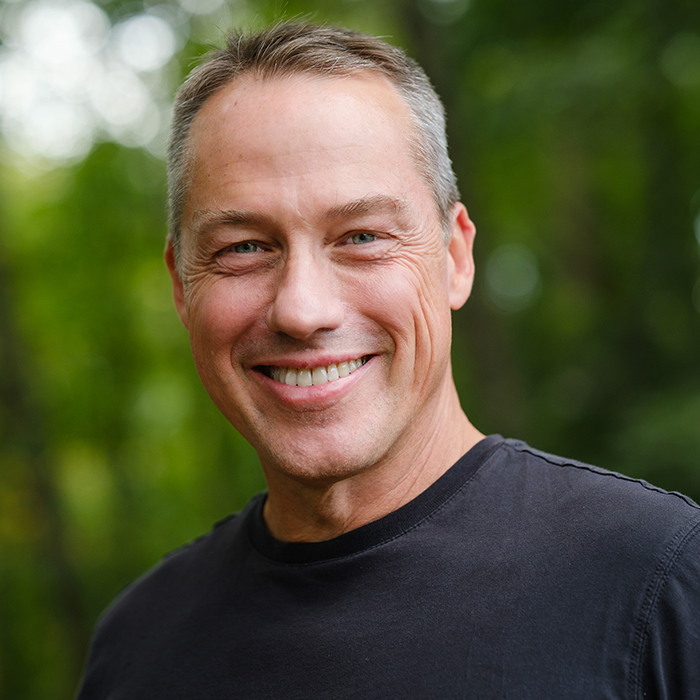
Miles R. Silman
Founding Director
Andrew Sabin Presidential Chair in Conservation Biology
Ecosystem Science and Management
Show Bio
Dr. Miles Silman is the Founding Director of the Andrew Sabin Family Center for Environment and Sustainability at Wake Forest University, where he is also the Andrew Sabin Family Foundation Presidential Chair in Conservation Biology at Wake Forest University and Board President of the Centro de Innovación Científica Amazónica (CINCIA—the Center for Amazonian Scientific Innovation). He has spent over three decades working in the wilds of the Amazon Basin and Andes to understand the diversity of the natural world, how it works and came to be, and how to conserve it. His current work looks at the relationship between humans and the natural world, conserving large areas of managed and wild land and ocean so humans and nature can thrive. Dr. Silman’s conservation projects include work on tropical agriculture, soil remediation and reforestation after illegal and artisanal scale mining, monitoring and assessing deforestation, wildlife population biology and the mitigation of wildlife-human conflict, and the generation and application of conservation technology. A major effort has been to put what has been learned about Andean and Amazonian forests to use in private- and public-sector restoration and ecosystem service projects that change land use by generating revenue for conservation while creating economic and social value for people living in the region. Dr. Silman is the co-founder of the Andes Biodiversity and Ecosystem Research Group (ABERG), PI and Board President of the Centro de Innovación Científica Amazónica (CINCIA—the Center for Amazonian Scientific Innovation) and co-designer of the Wake Forest Master of Arts in Sustainability Graduate Program and the Wake Forest Environment and Sustainability Major. Dr. Silman holds a B.S. in Biology from the University of Missouri (1989) and a Ph.D. in Zoology from Duke University (1996).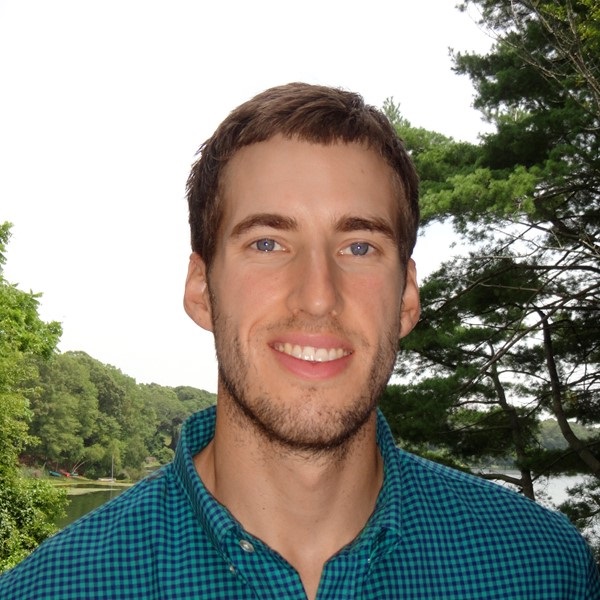
Stephen G. Smith
Assistant Teaching Professor, Environmental Studies
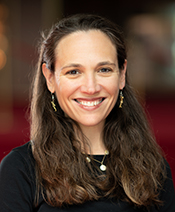
Christina Soriano
Professor of Theater and Dance; Vice Provost for the Arts and Interdisciplinary Initiatives
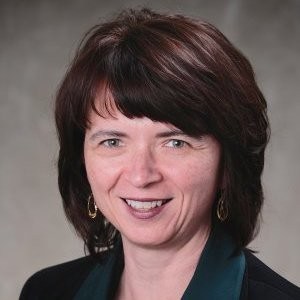
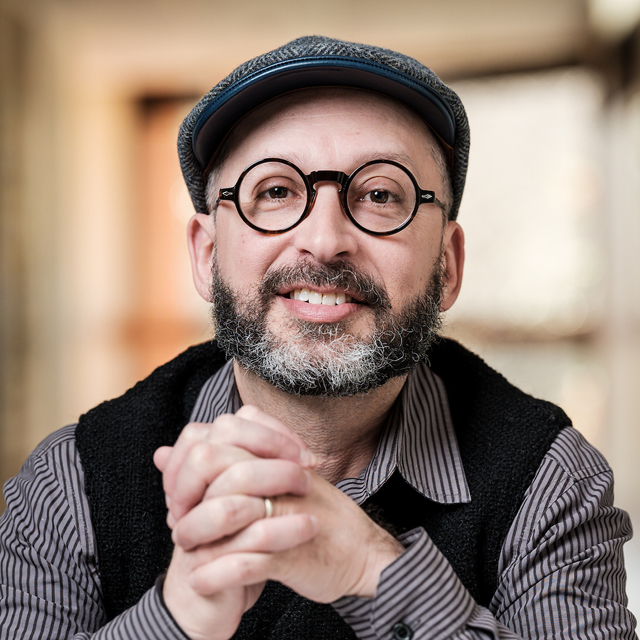
Joel Tauber
Professor, Filmmaking and Video Art
Show Bio
Activist. Artist. Filmmaker. Joel Tauber is a descendent of a long line of rabbis, and he comes from a specific and rigorous background studying Jewish philosophy and law in a traditional yeshiva for 12 years. His conceptual art practice comes out of his studies at Yale University (New Haven, CT, USA), with Ronald Jones, and at ArtCenter College of Design (Pasadena, CA, USA), with Mike Kelley. This combination of experiences has helped Tauber develop a singular and notable artistic voice. He sparks discourse and facilitates change via direct actions and interventions, films, video installations, photographs, public art, podcasts, and written stories. Joel’s feature film, Sick-Amour, A Love Story, was supported by a Sabin Center seed grant.
Bio Page »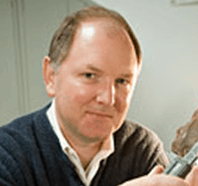
Paul Thacker
Associate Professor, Department of Anthropology
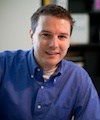
Timo Thonhauser
Wright Family Professor of Physics; Director of Center for Functional Materials
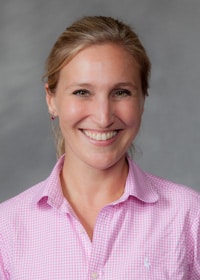
Silvia Tiboni-Craft
Associate Teaching Professor of Italian
Show Bio
Silvia Tiboni-Craft is an Associate Teaching Professor of Italian at Wake Forest University since 2012. She obtained both a B.A. and M.A. in Italian Literature from the Università degli Studi di Urbino Carlo Bo with a special focus on 19th and 20th century. In 2006 she moved to the United Stated thanks to an exchange program between her Italian University and the University of Tennessee, Knoxville where she collaborated with the Italian Department. After a year she started her Ph.D. in Italian at Rutgers University and she completed it in 2015 with a dissertation on Italian women writers titled “Fantasy of the Domestic Space”. Since at Wake Forest Silvia taught a variety of courses in Italian Language, Culture and Literature, she led several research projects with students at the undergraduate level and she successfully created numerous extra-curricular activities to create a sense of community on campus and within the Winston-Salem community. Silvia’s research and teaching interests include 19th and 20th century Italian women writers, 20th century Italian poetry, domestic space, feminist theory and also pedagogy. Silvia recently published a book chapter titled “The stolen identities in Maria Messina’s novel A “House in the Shadow” in “Representation of Female identity in Italy. From Neoclassicism to the 21st Century” and she is currently work on a book project that explores how female writers portray in their novels and short stories the domestic space in which women were segregated. Silvia also works on a pedagogical project on the use of 3D videos and virtual reality to facilitate students’ learning of Italian Language, Literature and Culture.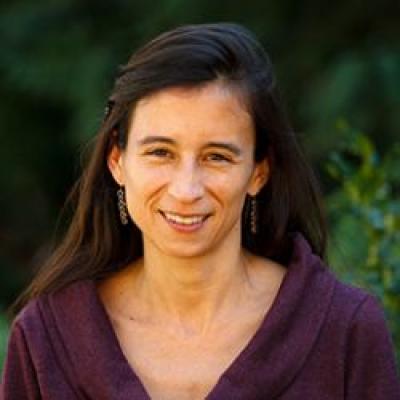
Julie Velásquez Runk
Director, Professor & Weigl Fellow of Environment and Sustainability Studies
Show Bio
Dr. Velásquez Runk leads the Environment and Sustainability Studies (ENV) Program). Velásquez Runk’s research examines the relationships between humans and the environment. She has three main focal areas: sustaining forests and nurturing human well being in mosaic landscapes; strengthening cultural and environmental rights and sovereignty; and incorporating multiple voices in holistic science and the humanities. Her scholarship takes a highly interdisciplinary approach to environmental studies, drawing from ecology, anthropology, Indigenous studies, public health, history, and geography. Ph.D. Forestry and Environmental Studies, Anthropology, and Economic Botany, Yale University and the New York Botanical Garden; M.E.M. Resource Ecology with graduate certificate in Latin American Studies, Duke University; B.A. Biology with concentration in Latin American Studies, Grinnell College.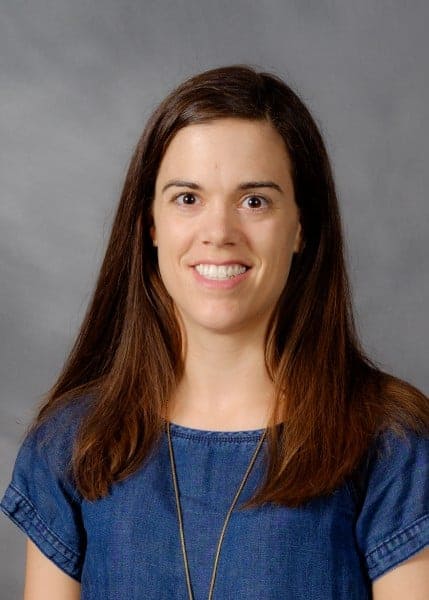
Amanda Vincent
Associate Professor, Department of French
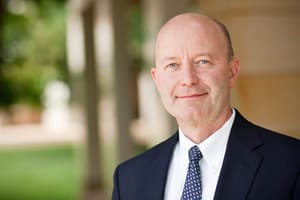
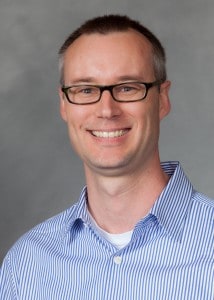
Ron Von Burg
Associate Professor of Communication; Interim Director Graduate Programs in Sustainability
Show Bio
Ron Von Burg (PhD, University of Pittsburgh) is an Associate Professor of Communication, Director of Graduate Studies, and Core Faculty in both the Interdisciplinary Humanities Program and the Master’s Program in Sustainability. His research interests include rhetoric of science, public argument, public discourses on religion and science, sustainability studies, and science fiction film studies. His work has appeared in Critical Studies in Media Communication, Southern Journal of Communication, Journal of Public Deliberation, and POROI. He works is the current director of the Benjamin Franklin Transatlantic Fellows Summer Institute.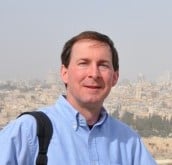
Neal Walls
Associate Professor of Old Testament Interpretation
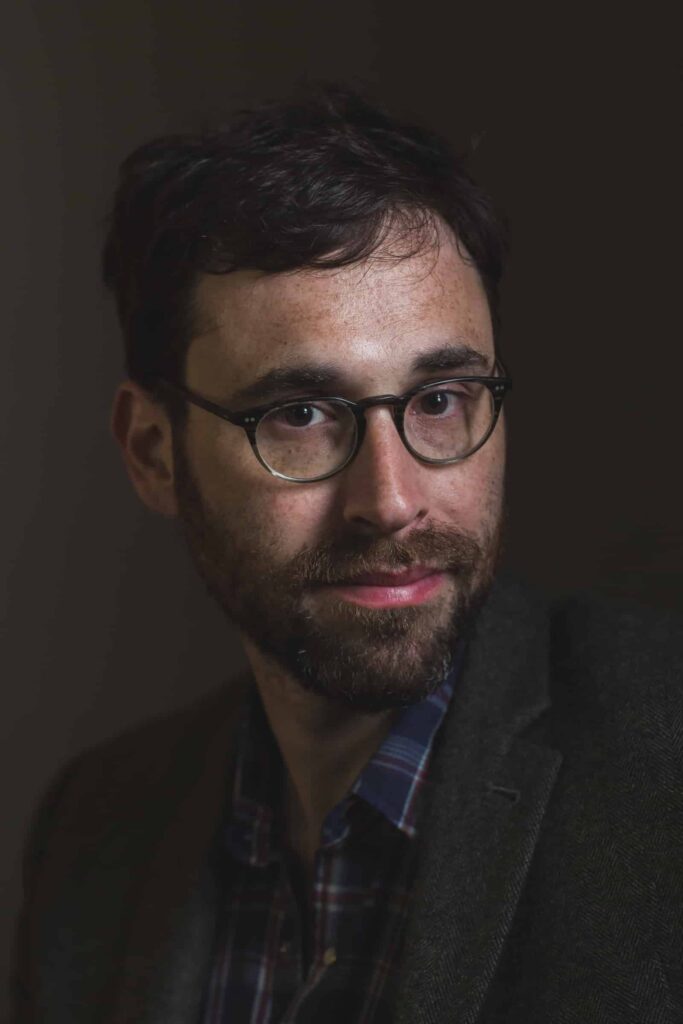
Ivan Weiss
Assistant Professor of the Practice, Journalism
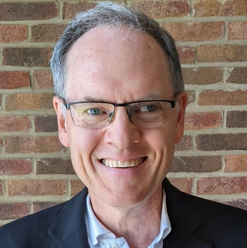
Robert Whaples
Professor of Economics
Environmental Economics
Show Bio
Robert Whaples is a Professor of Economics. He regularly teaches Introduction to Economics, History of Economics, and Current Economic Issues. Professor Whaples is editor of The Independent Review and former book review editor for EH.Net (economic history). He is the editor or co-editor of several recent books including, Future: Economic Peril or Prosperity? (2016), Pope Francis and the Caring Society (2017), In All Fairness: Liberty, Equality, and the Quest for Human Dignity (2019), Is Social Justice Just? (2023) and Underappreciated Economists (forthcoming). His research has been published in the Journal of Economic History, Southern Economic Journal, Economic Inquiry, Contemporary Economic Policy, and other journals.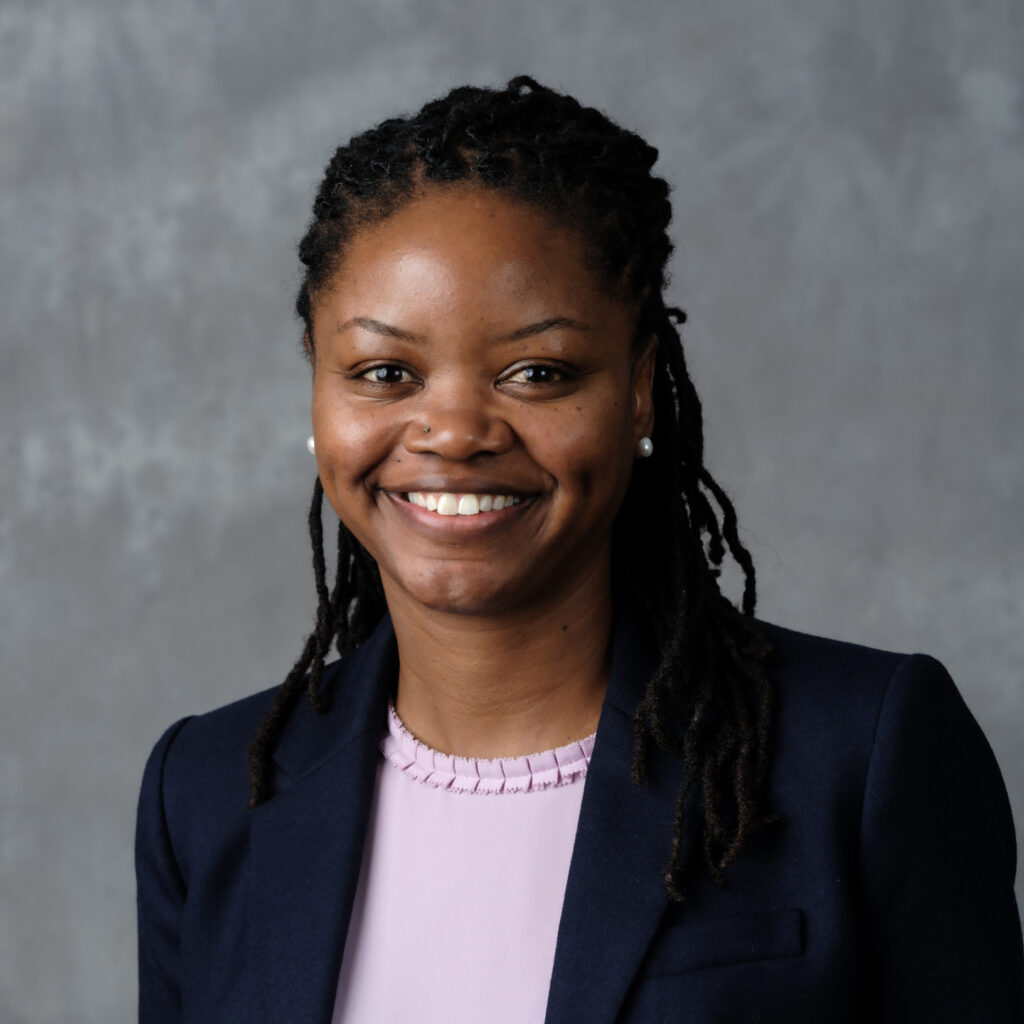
Kyana Young
Assistant Professor, Engineering
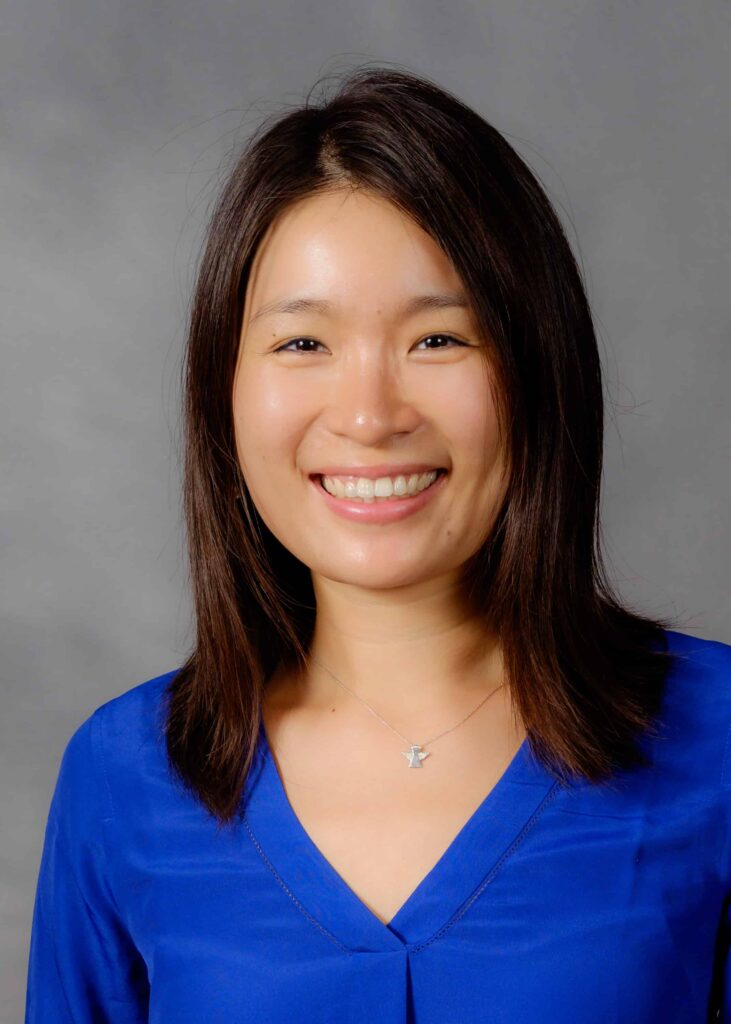
Qiaona Yu
Associate Professor, Chinese
